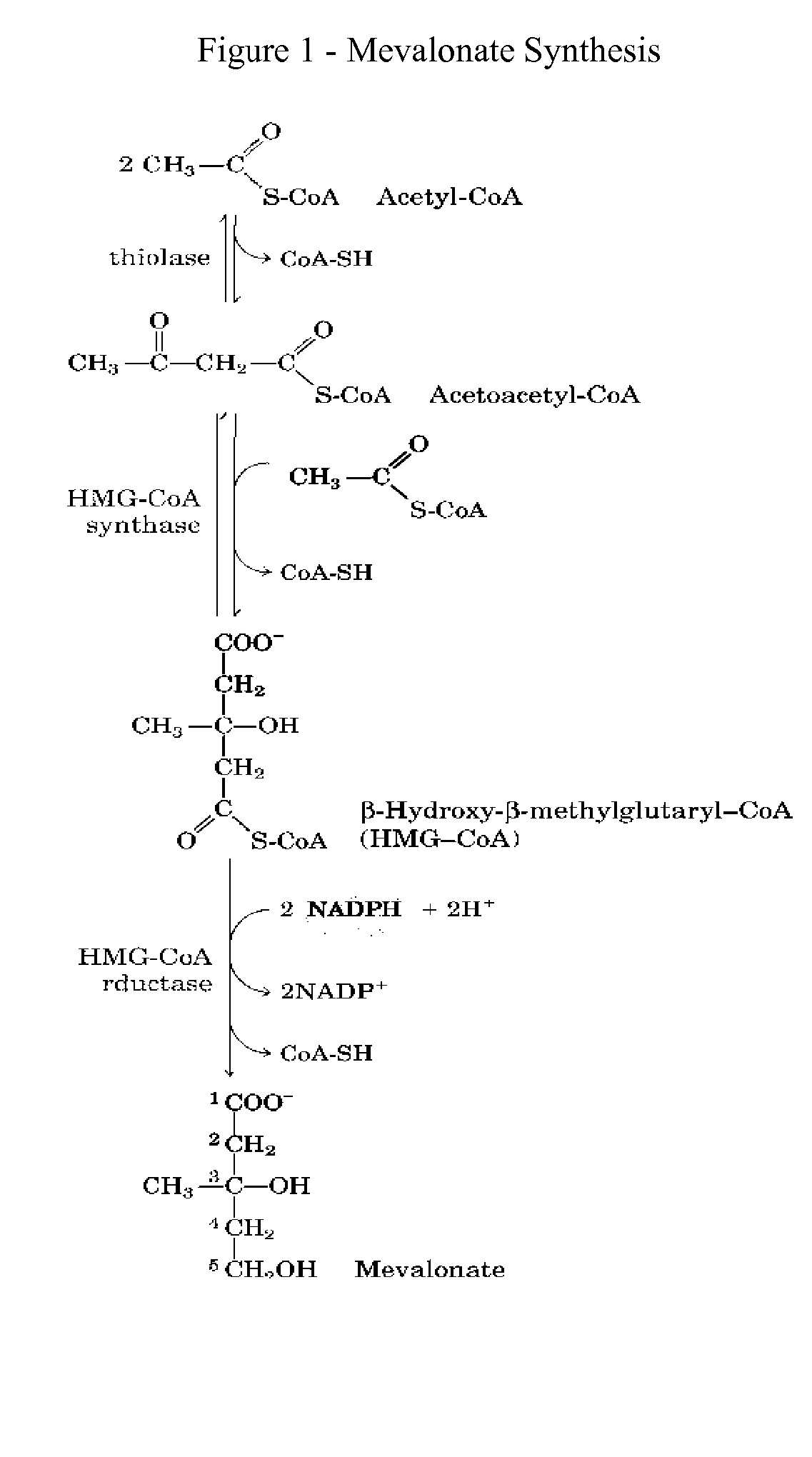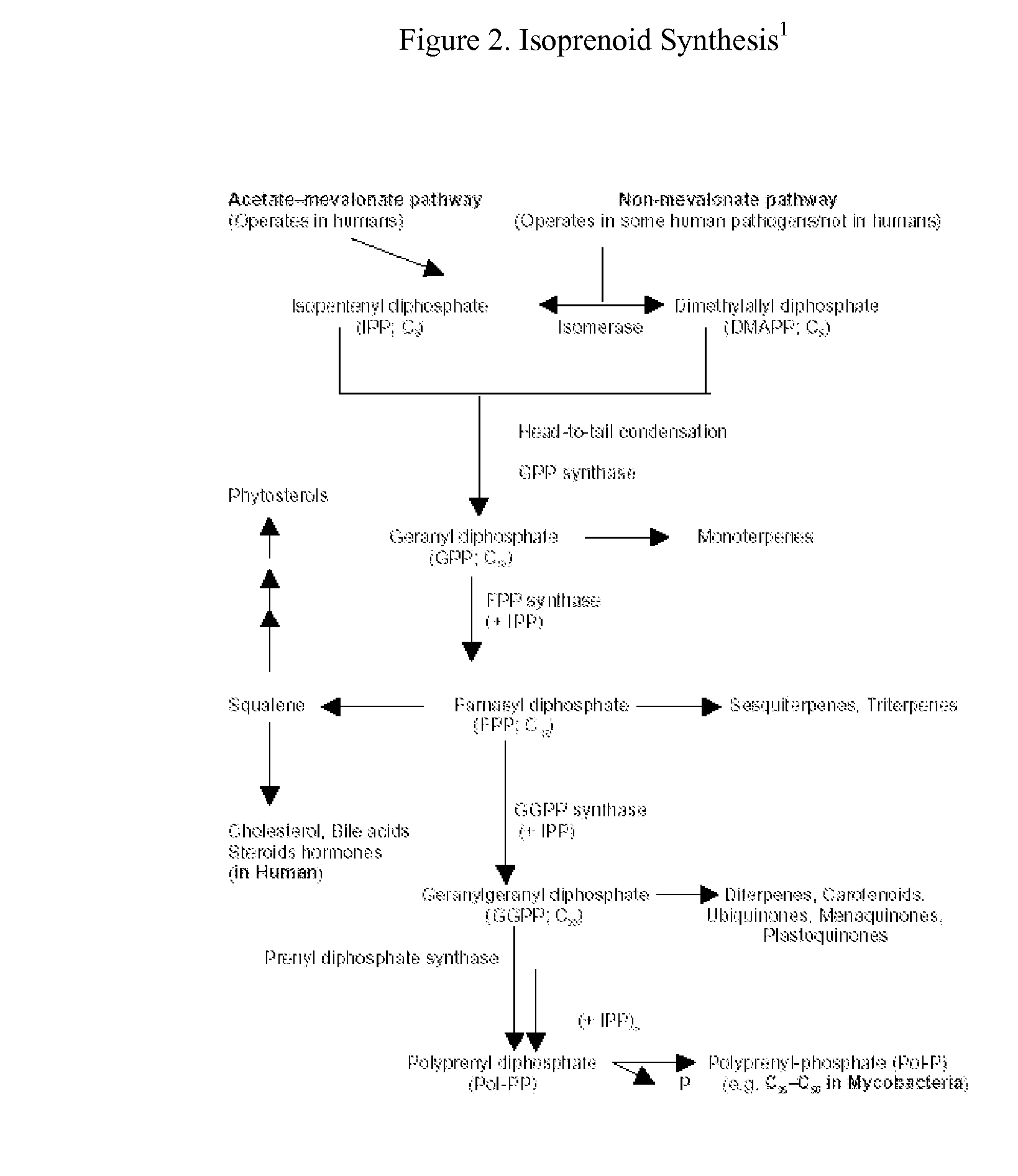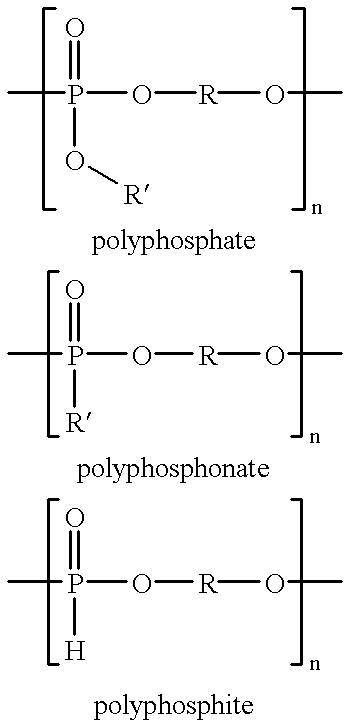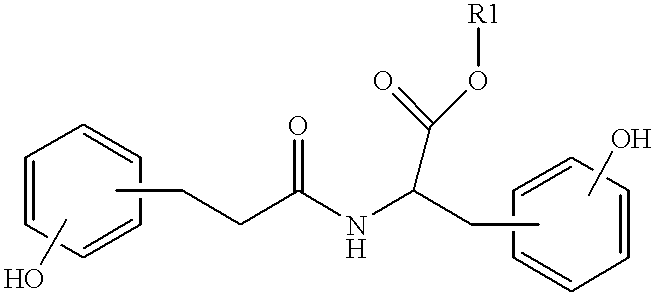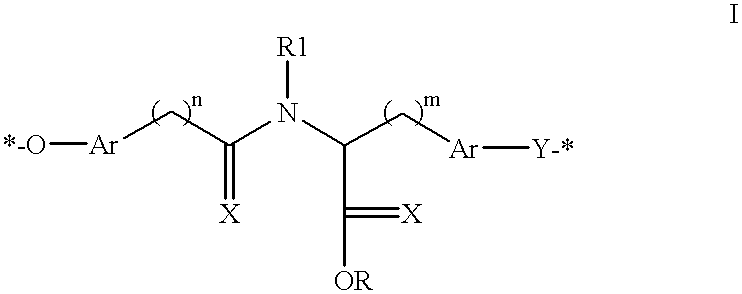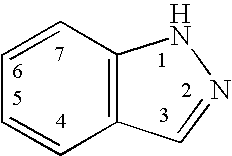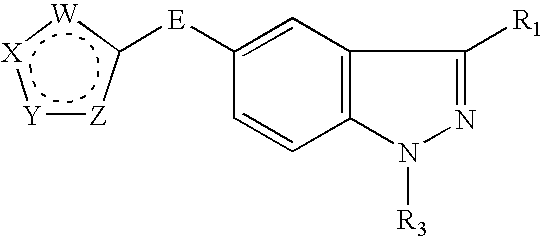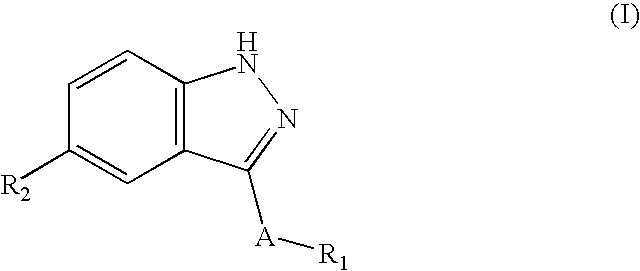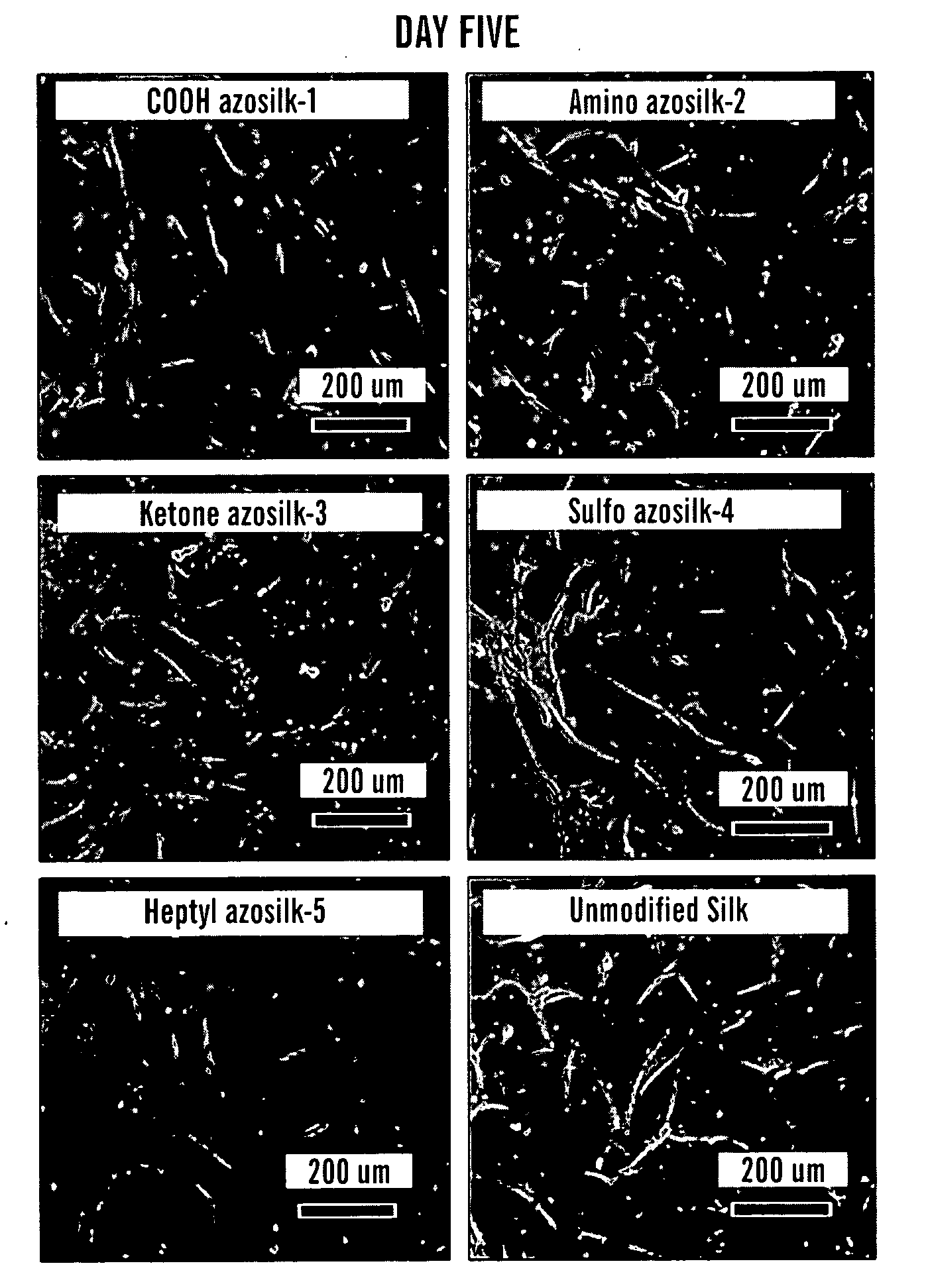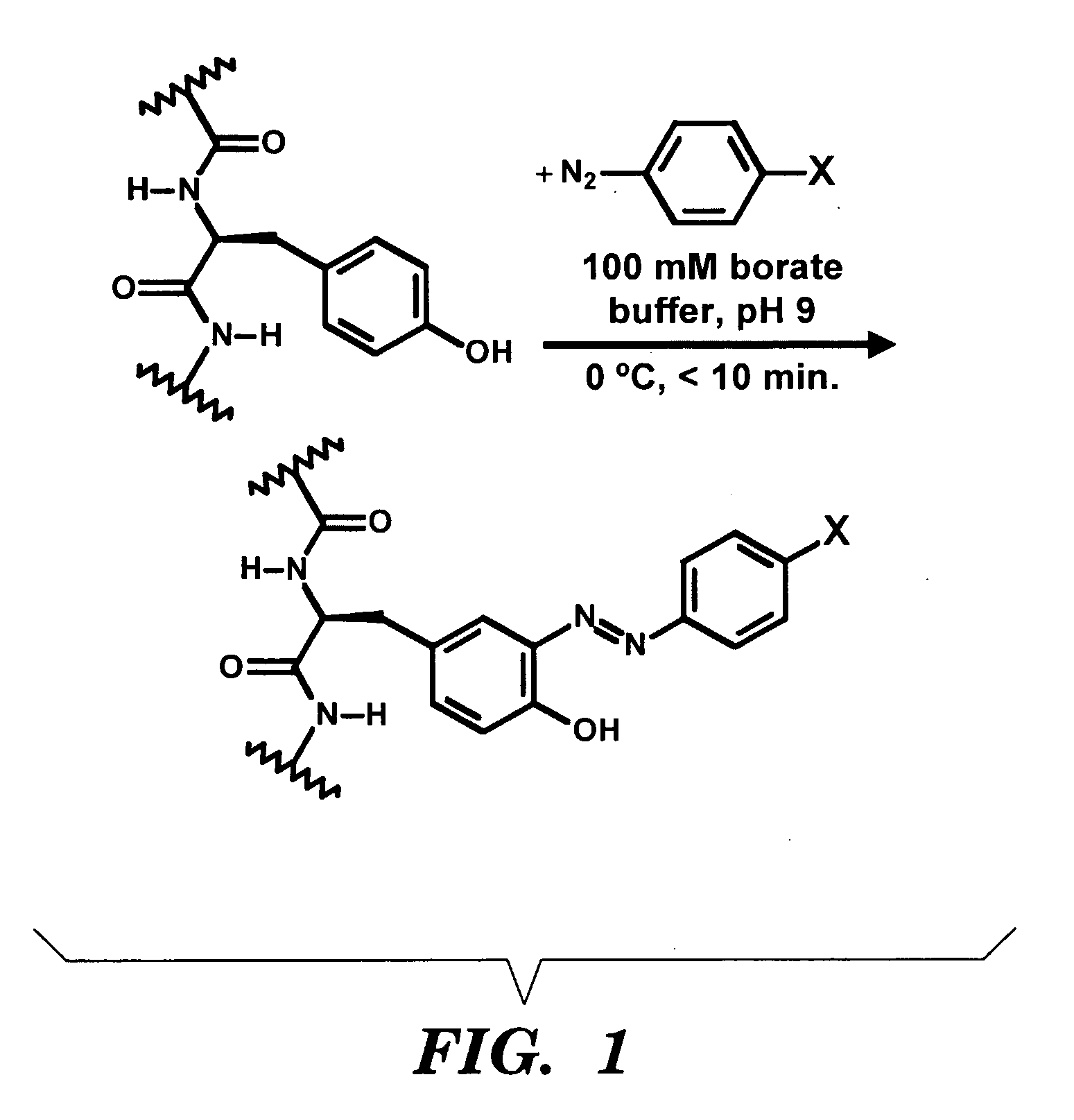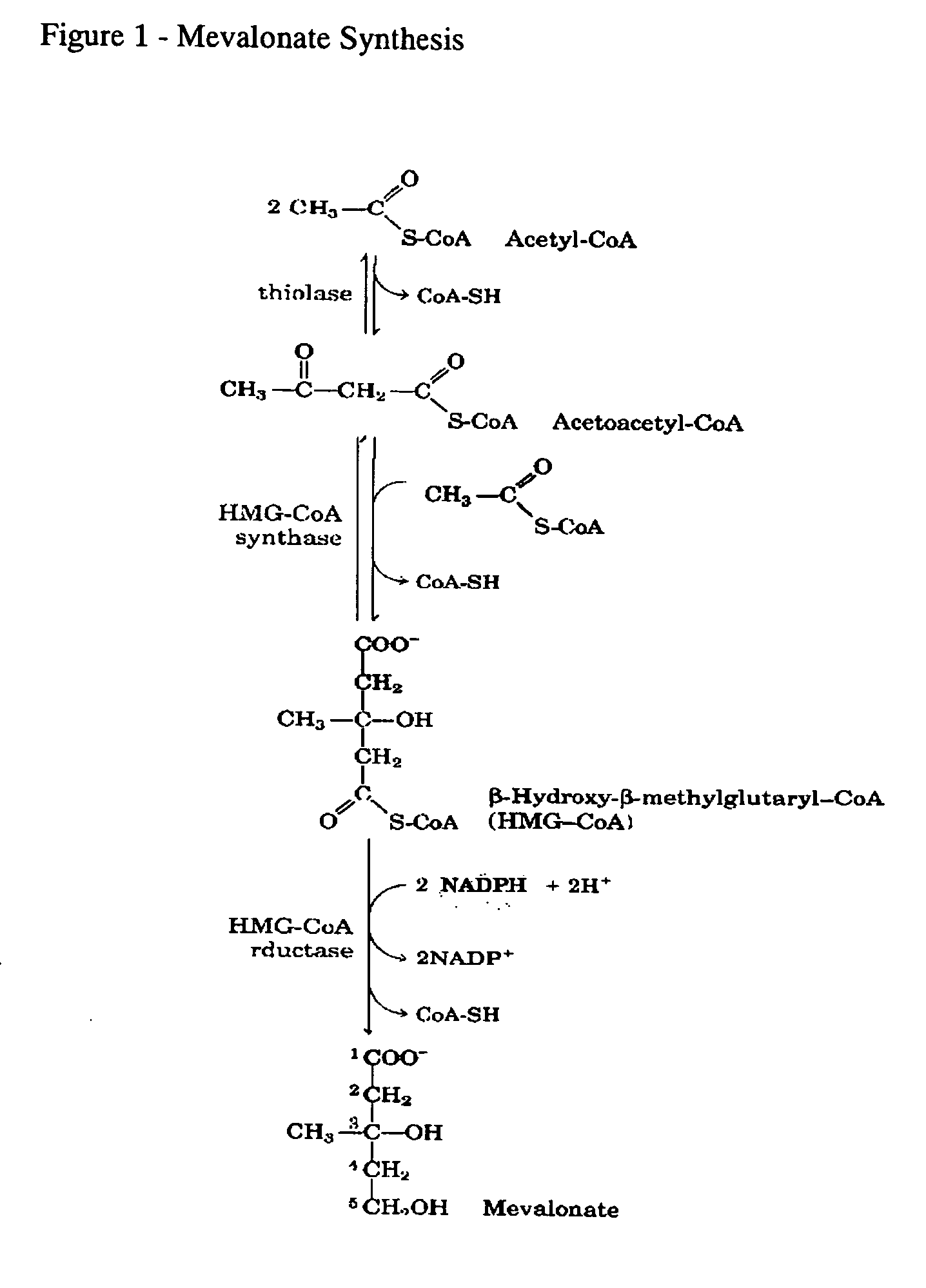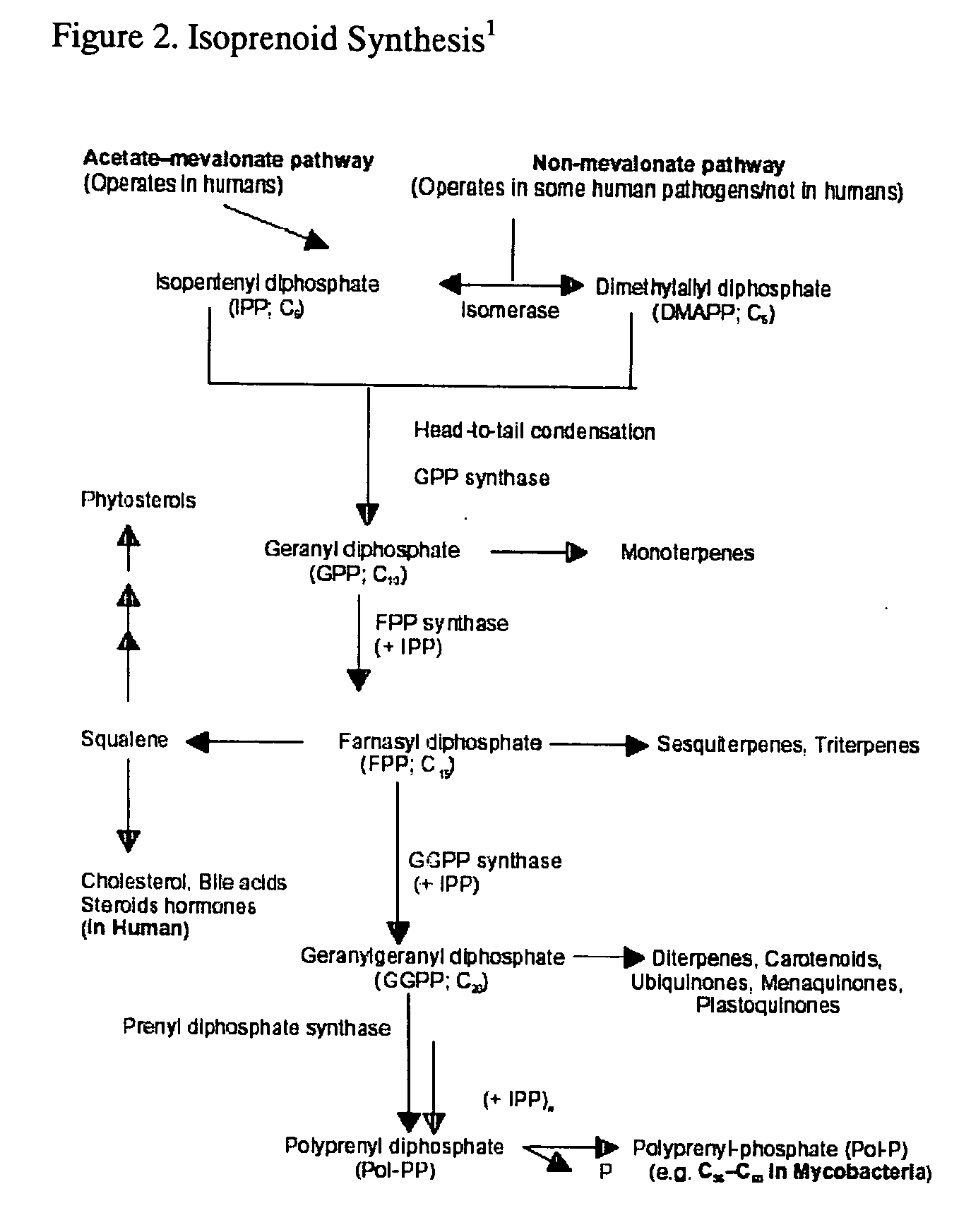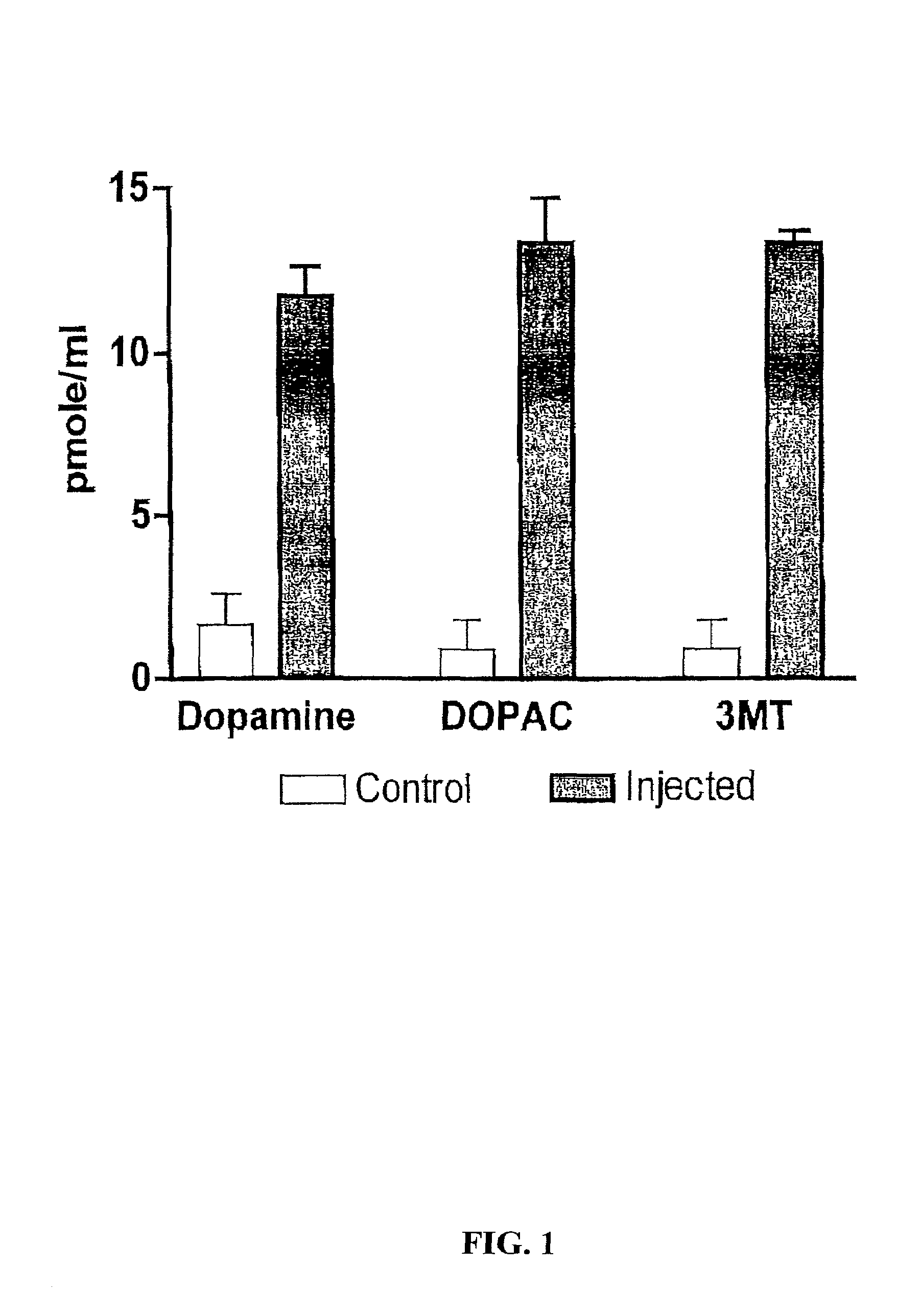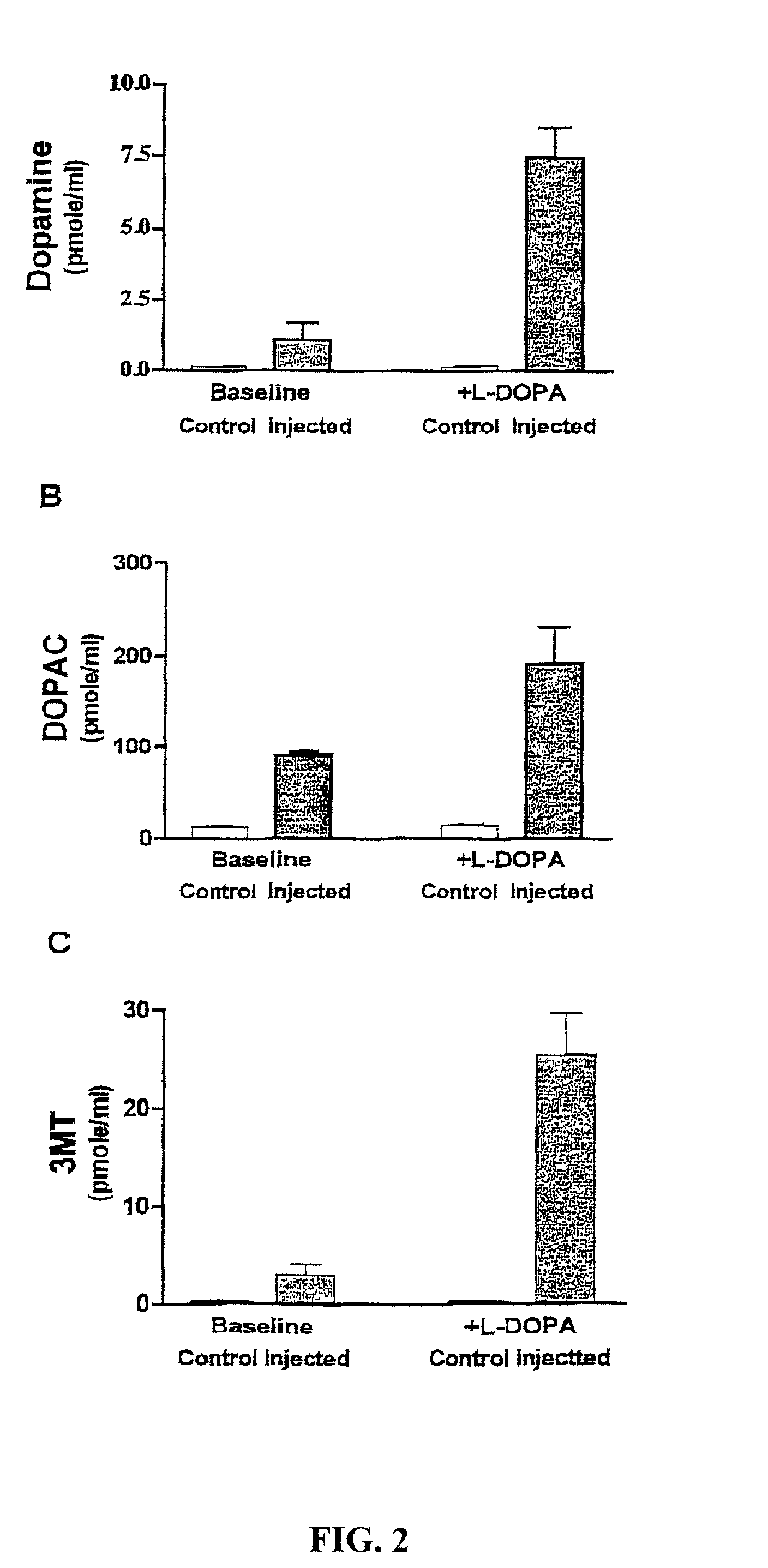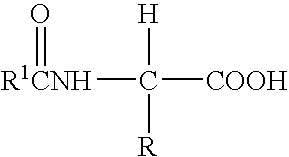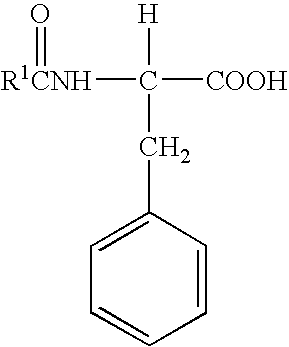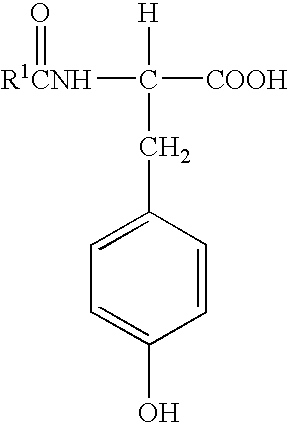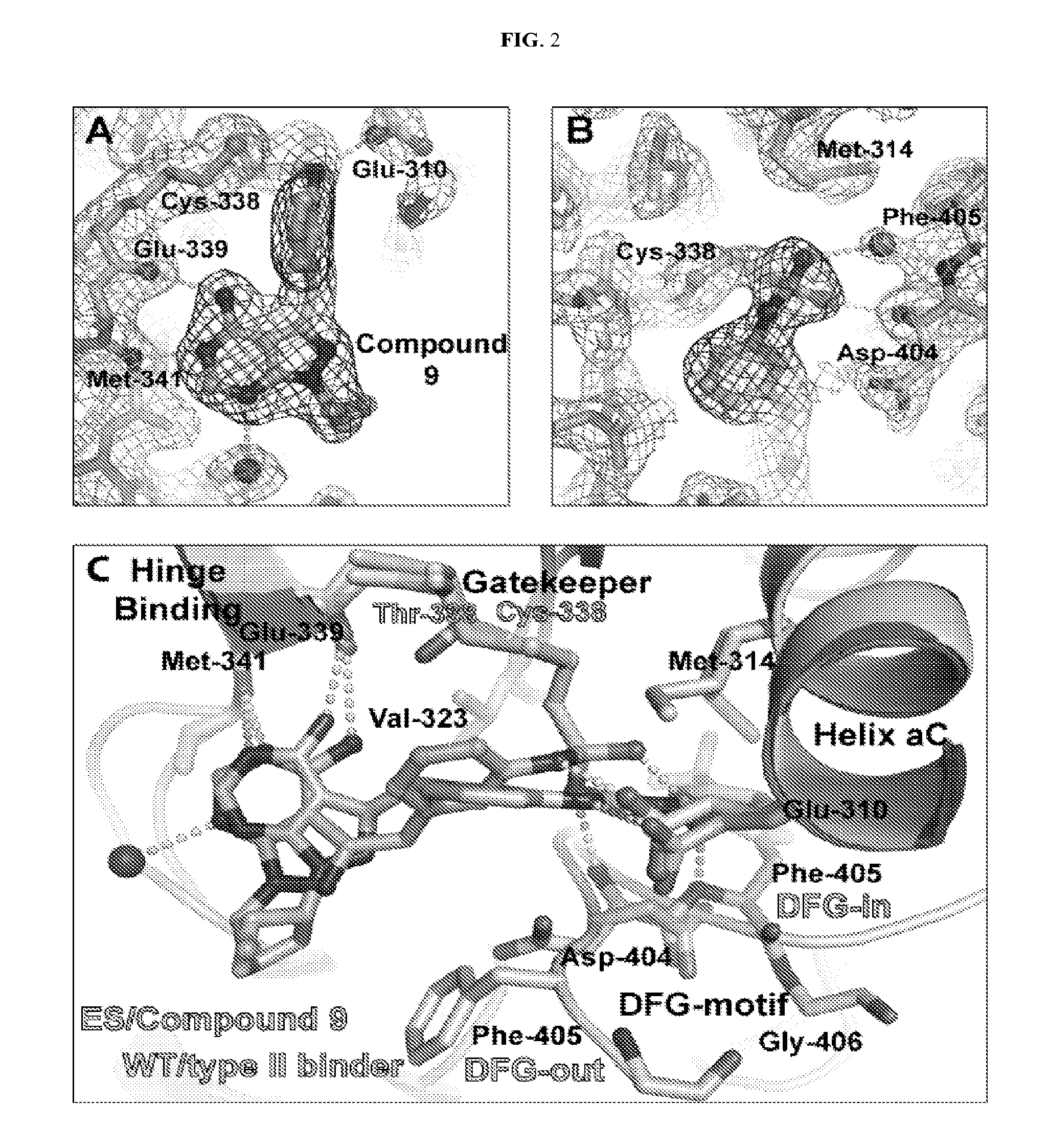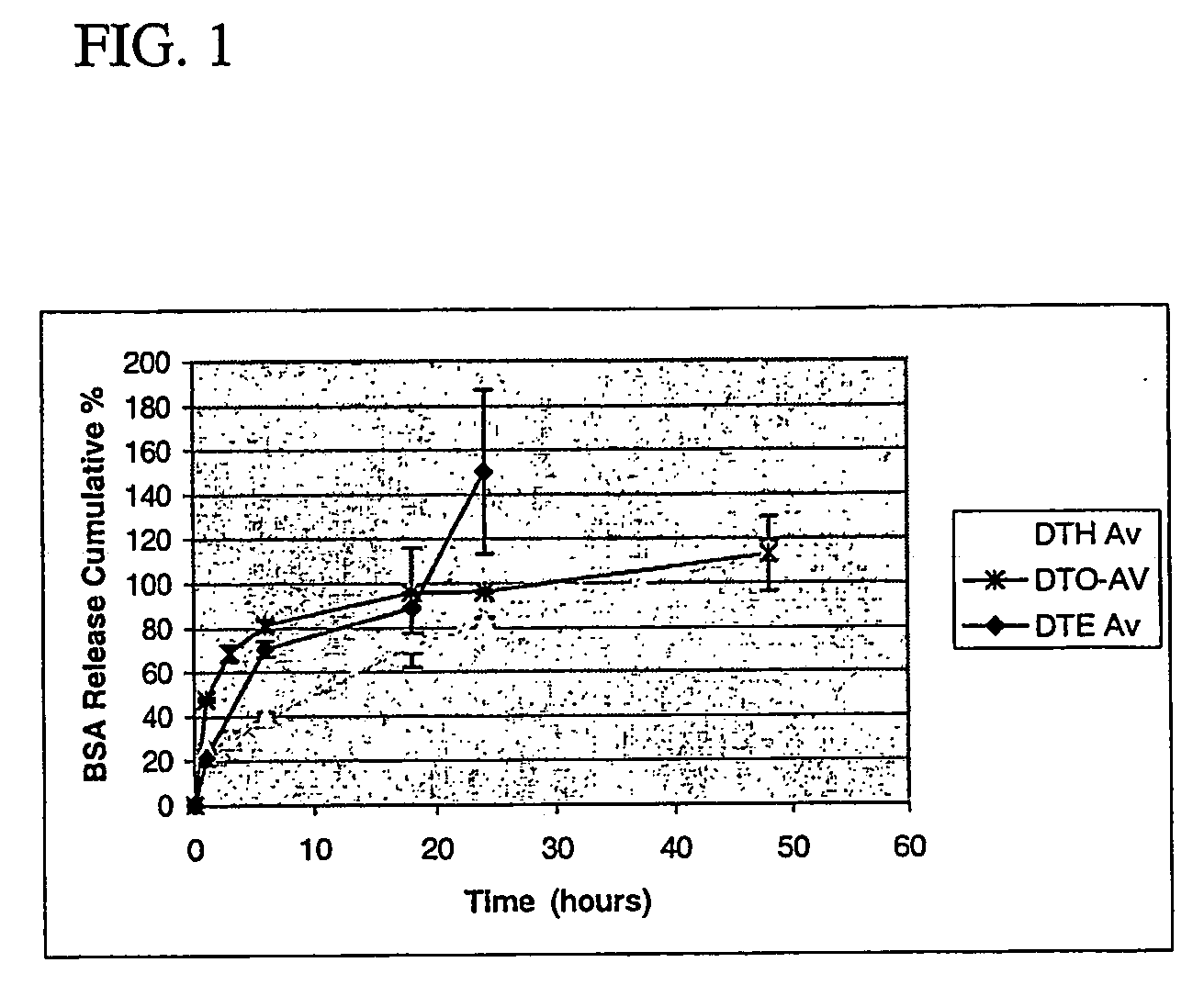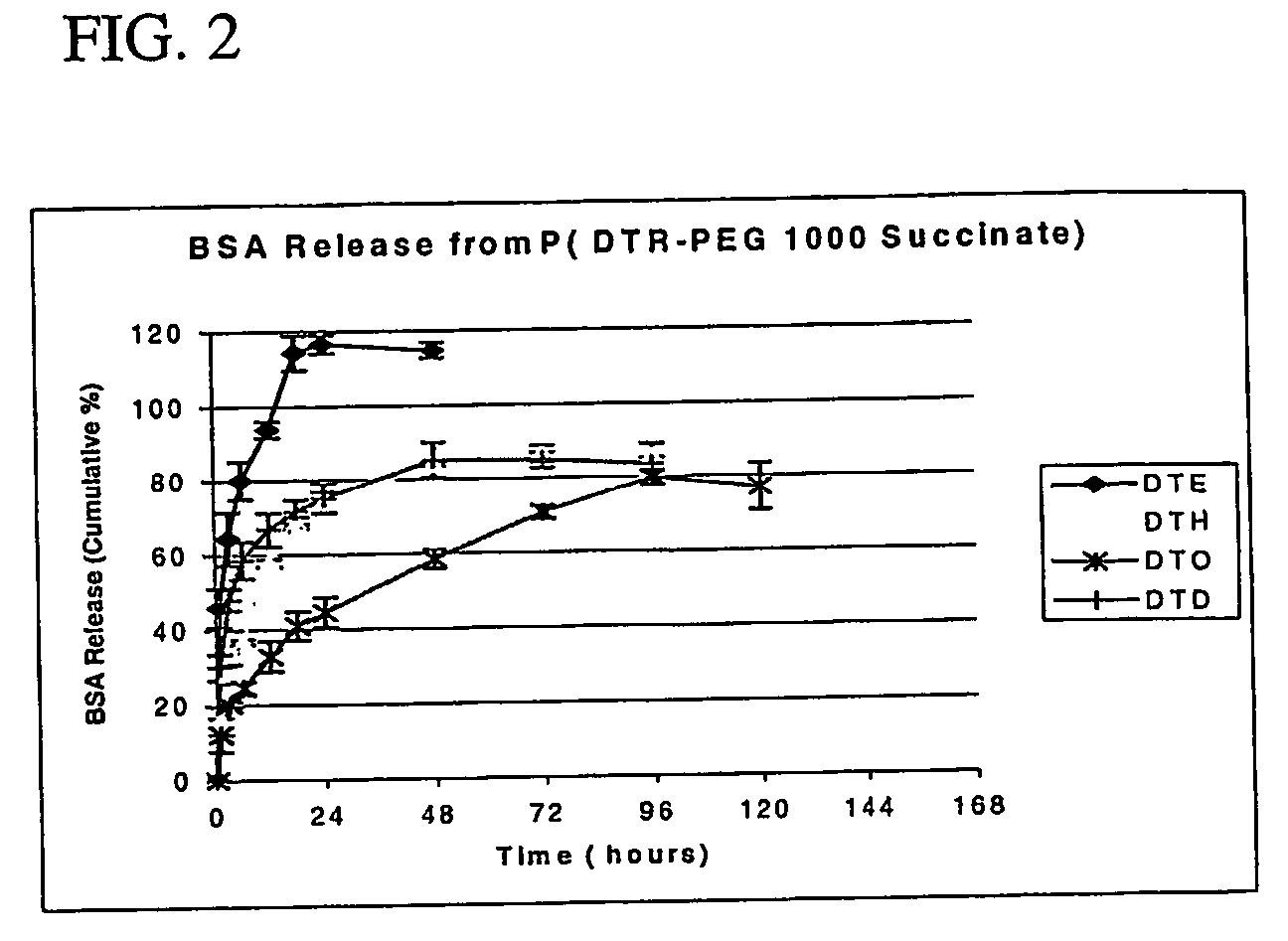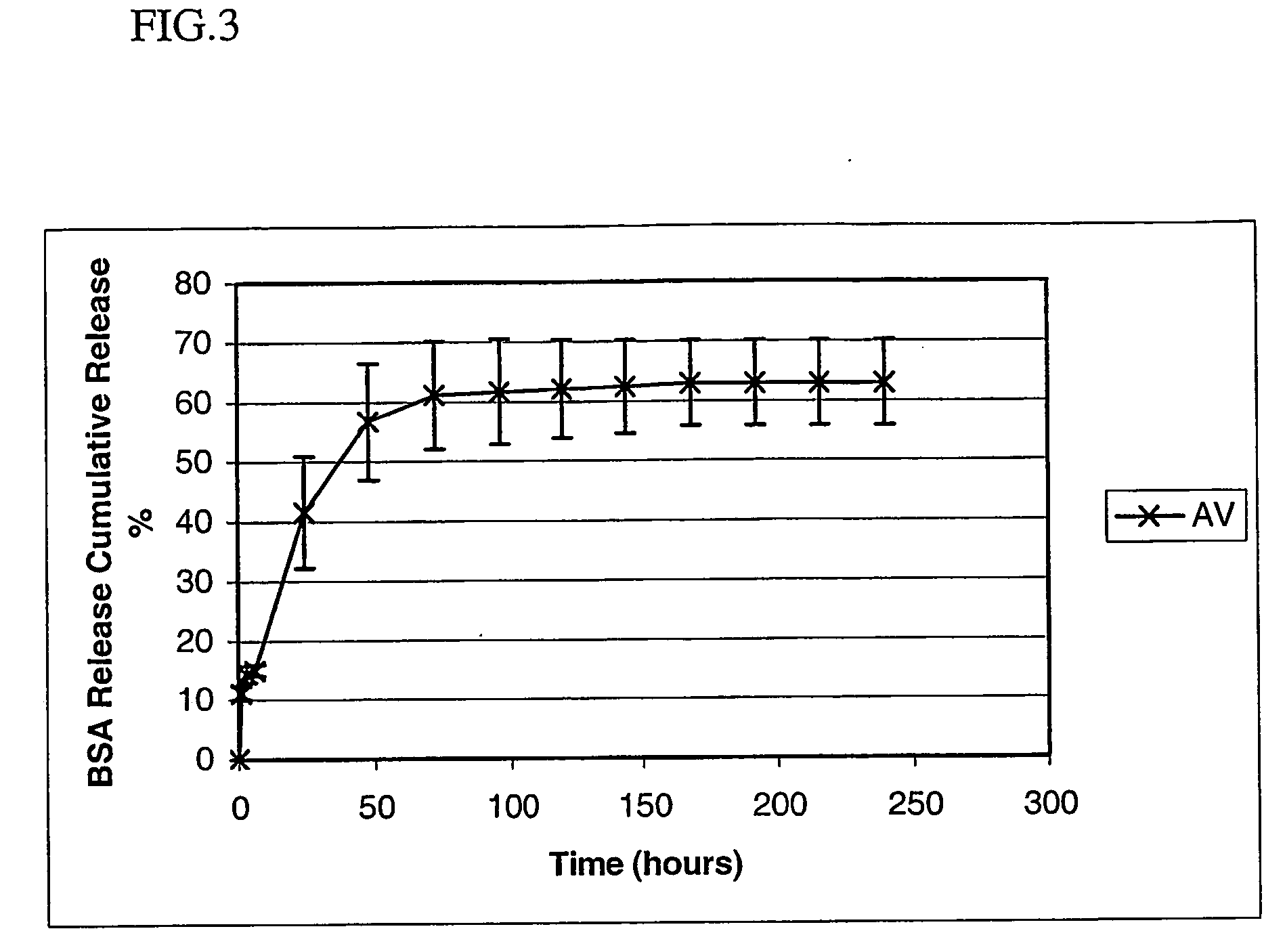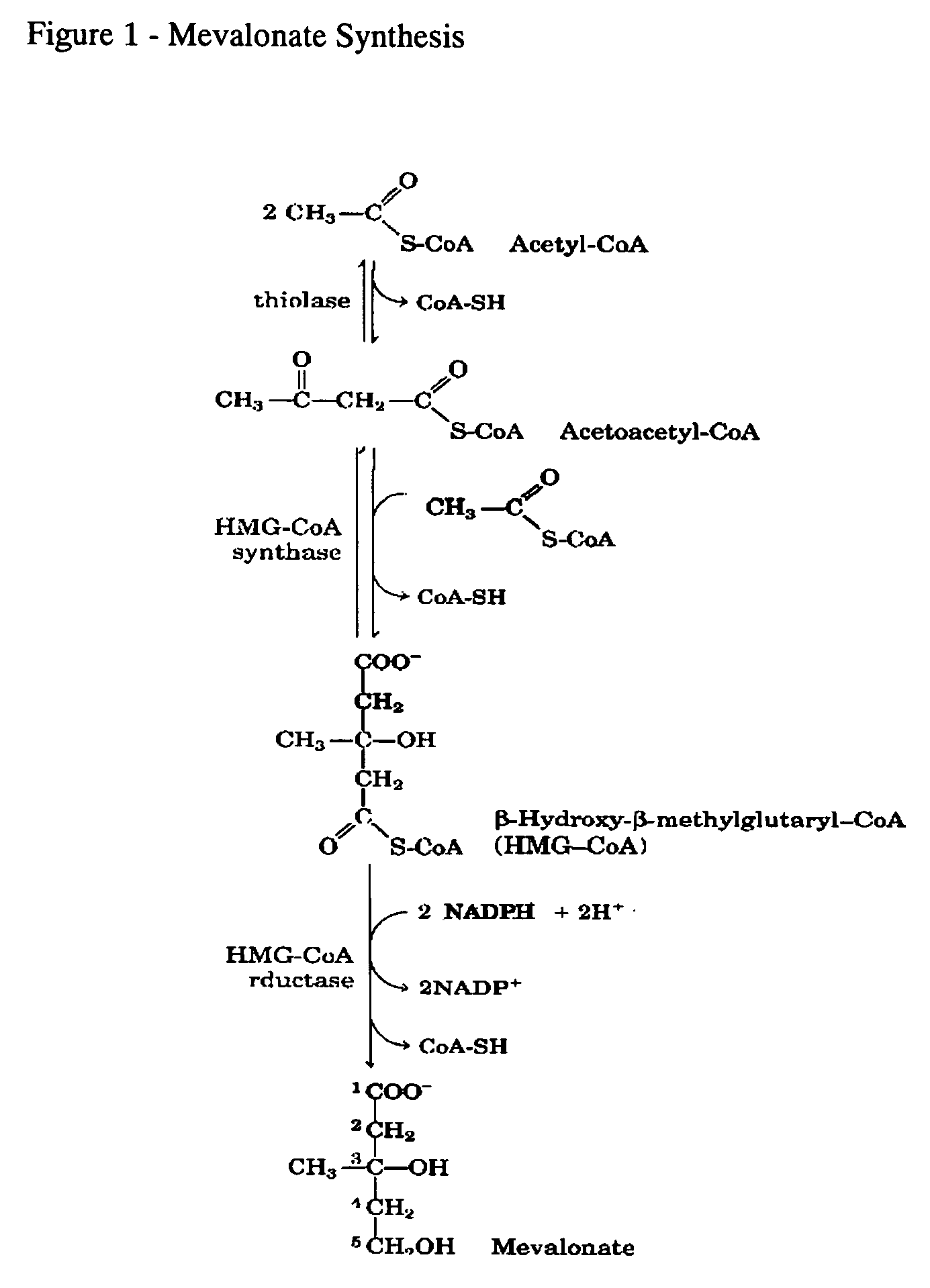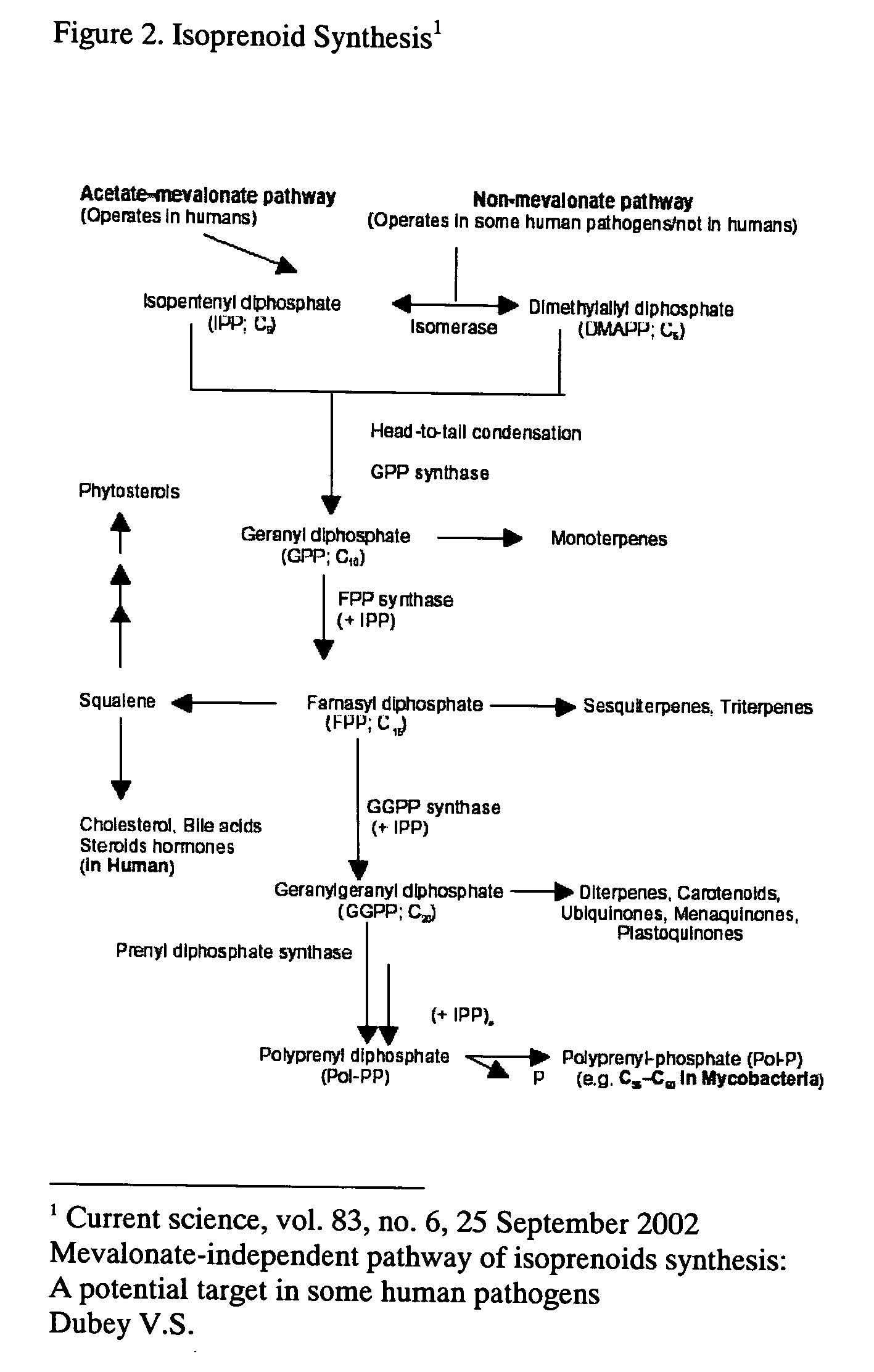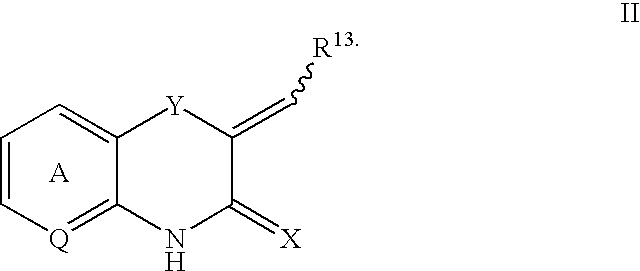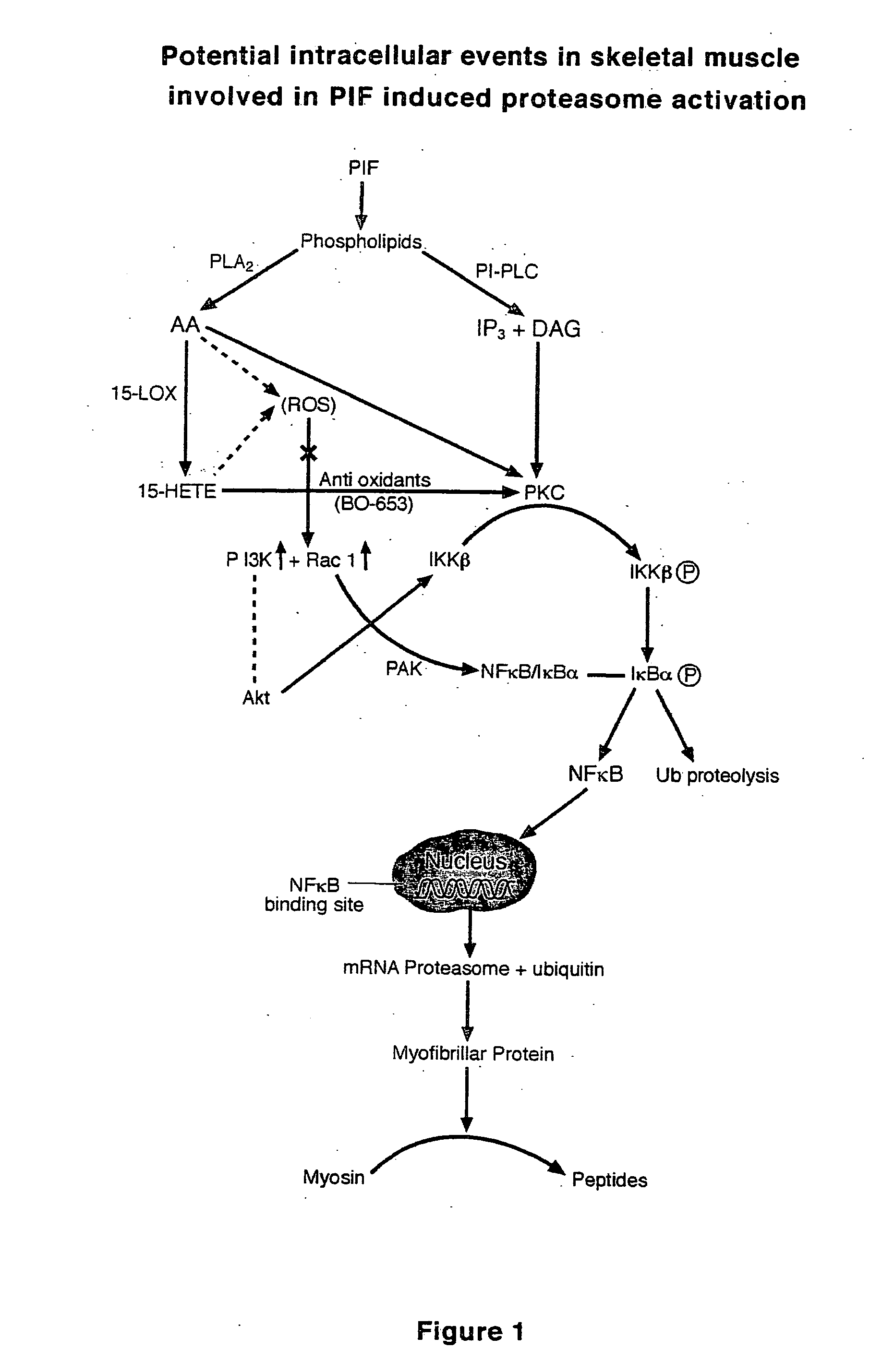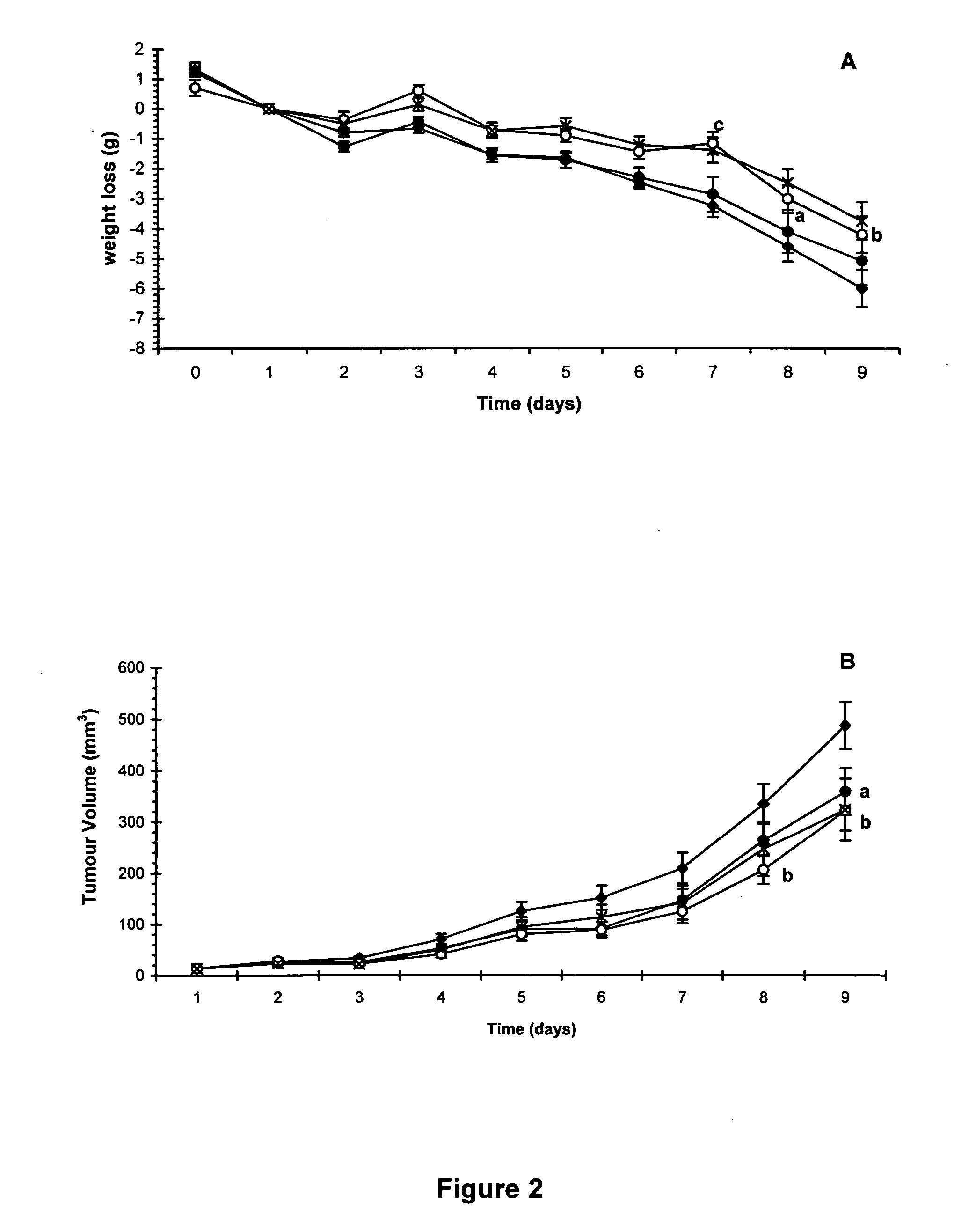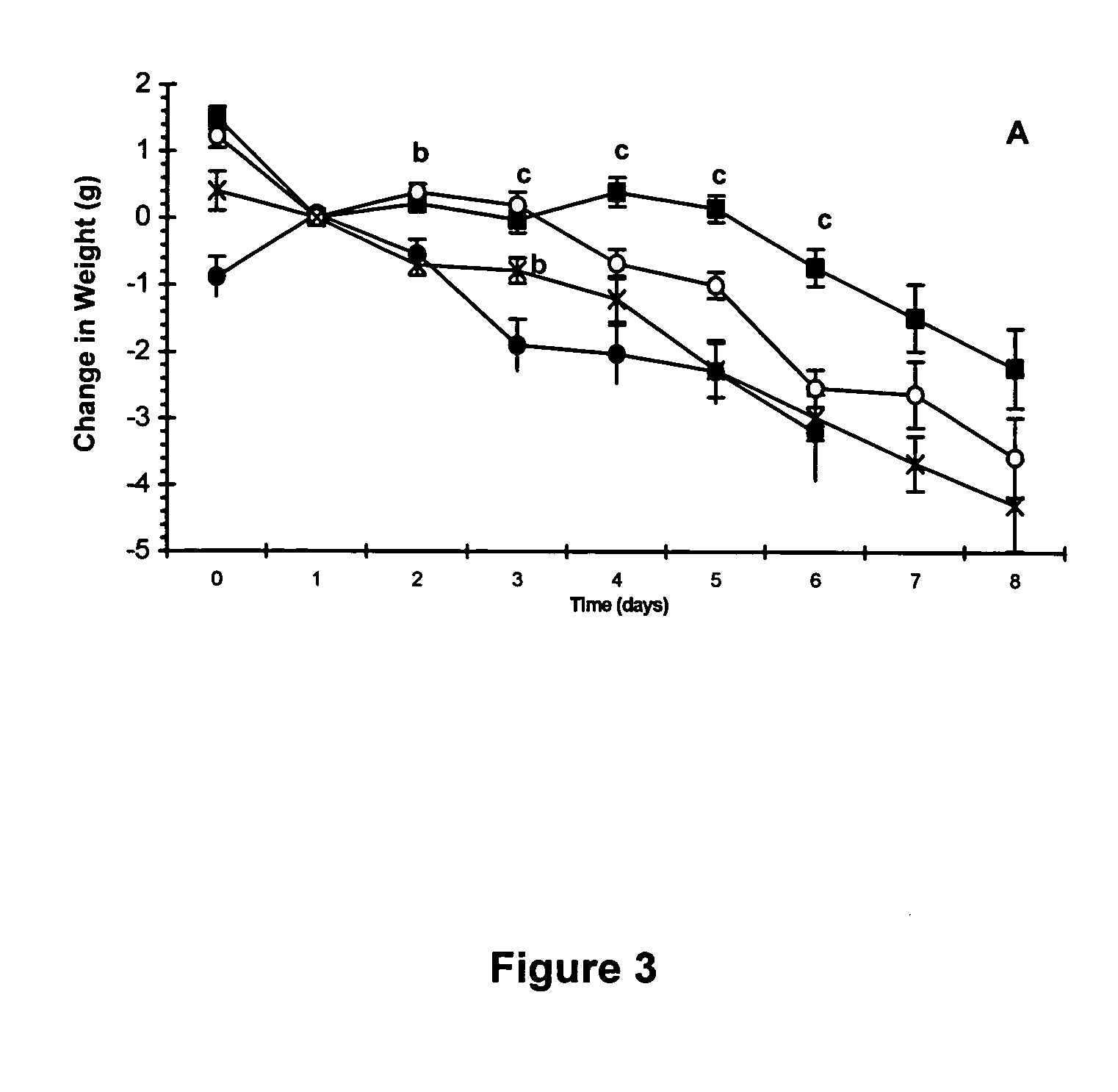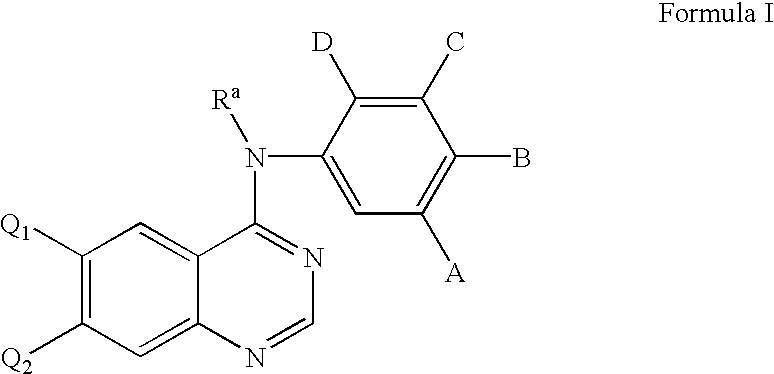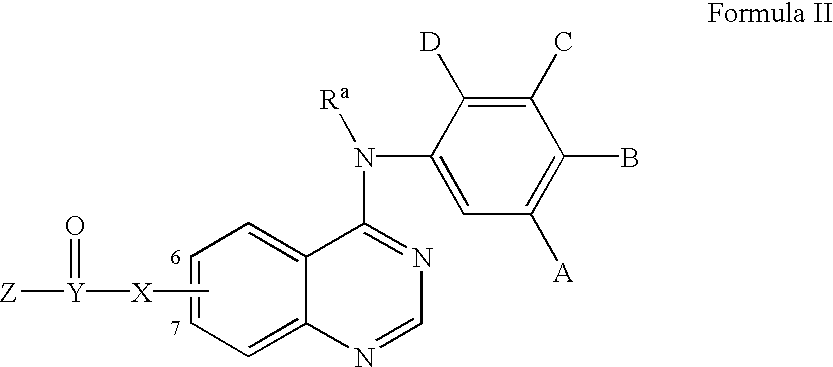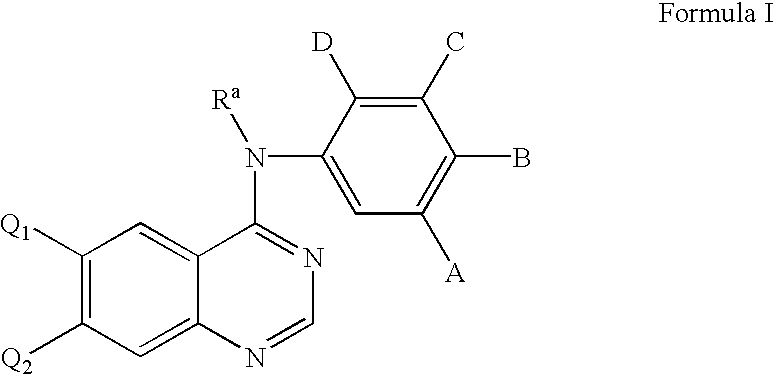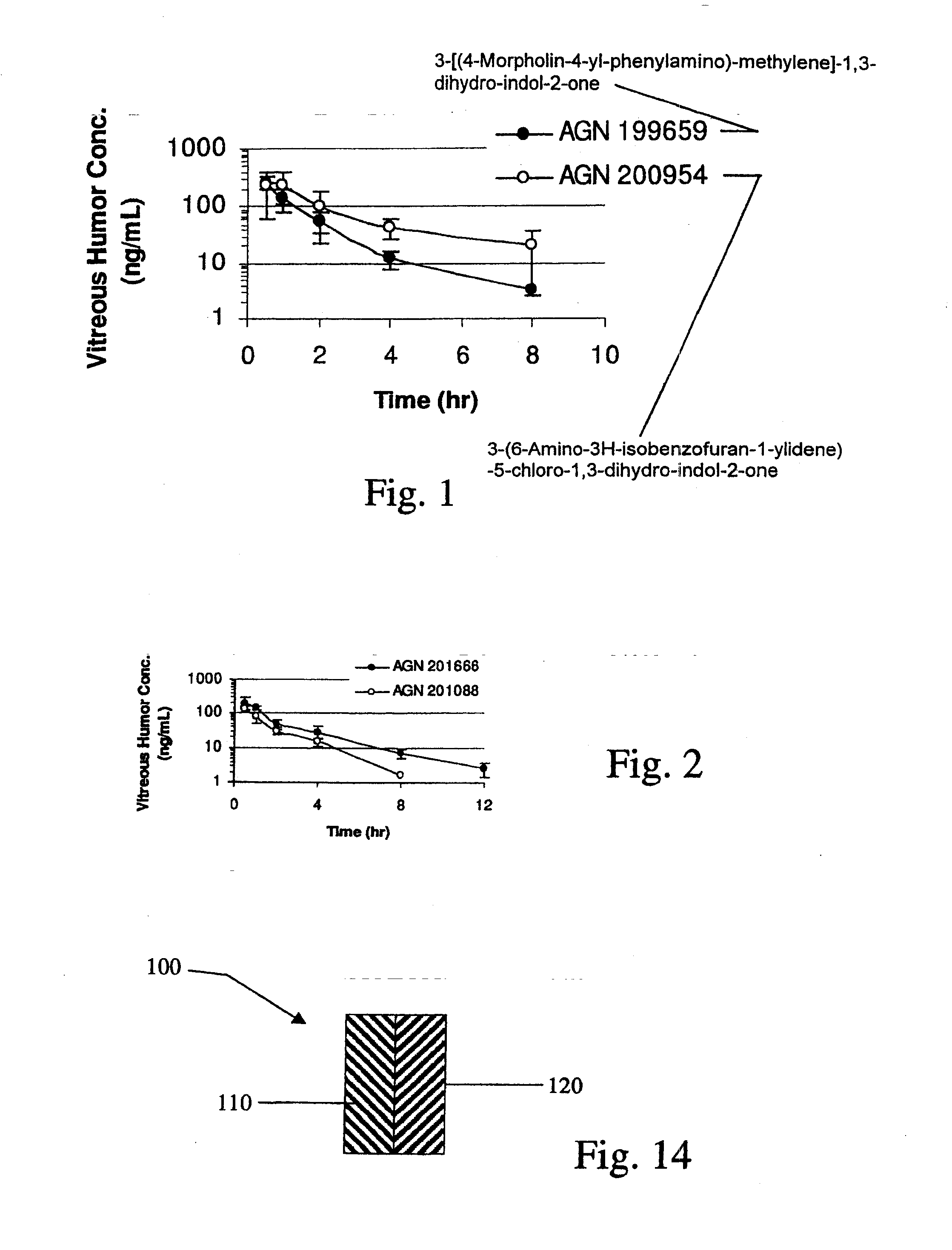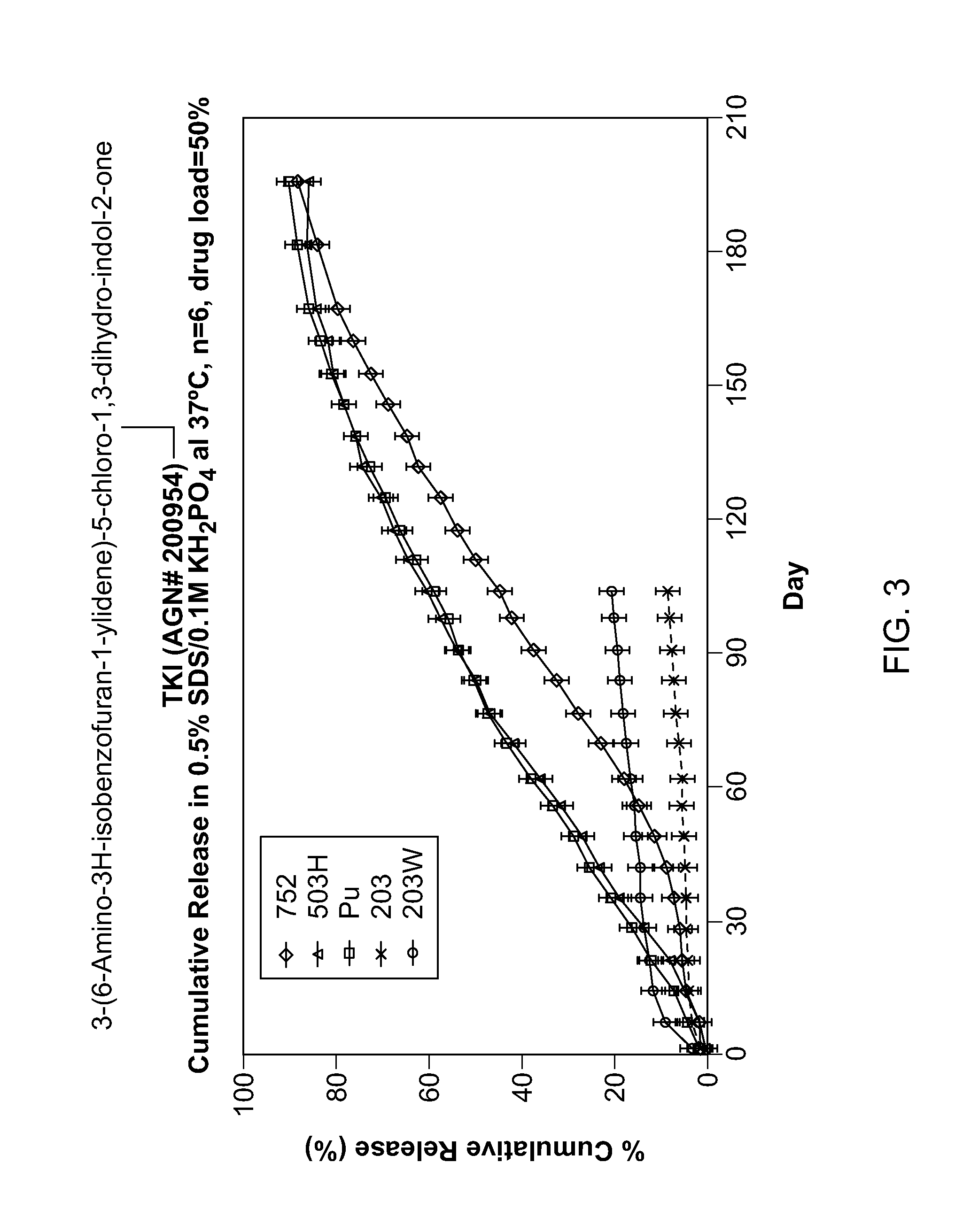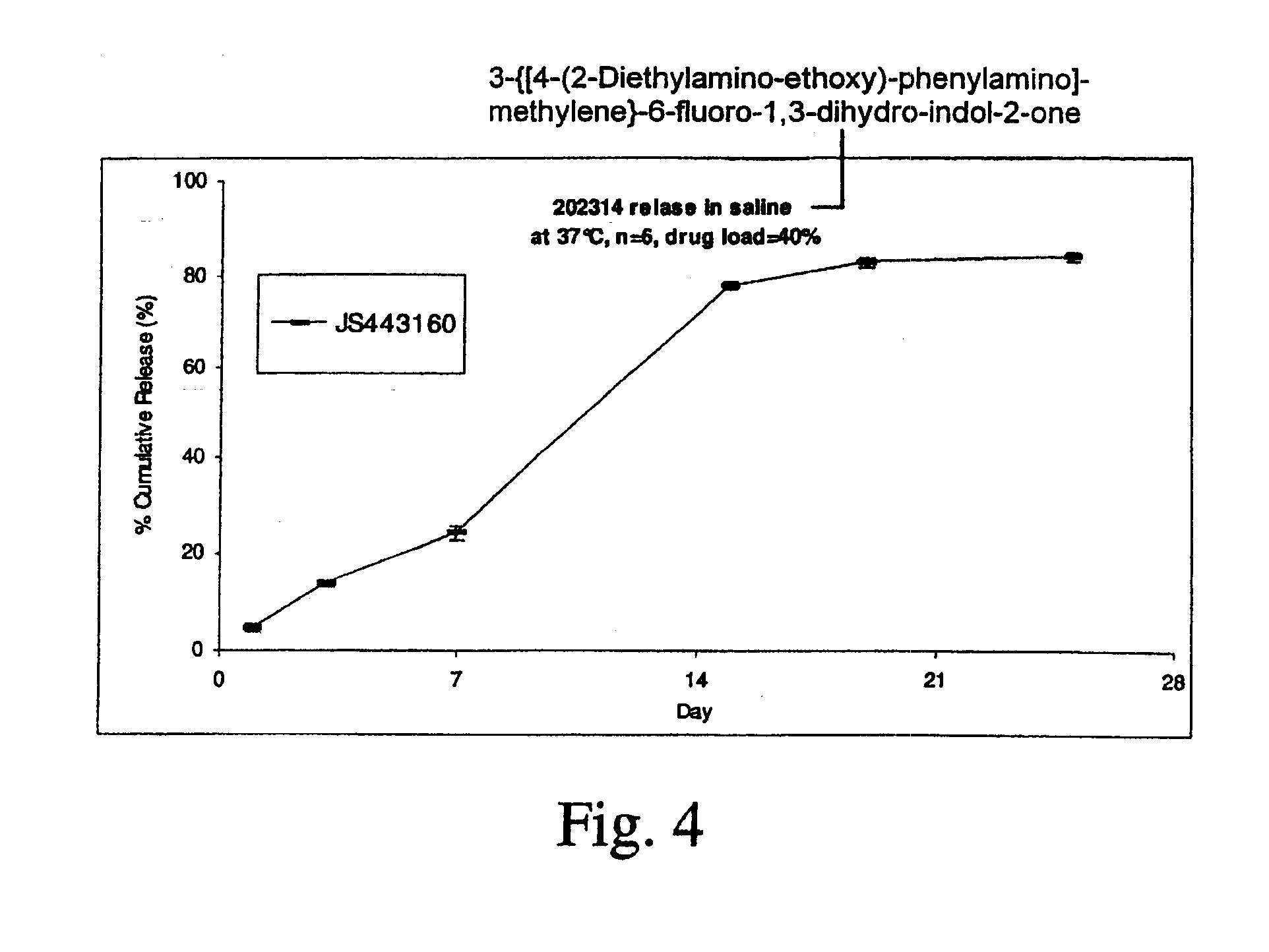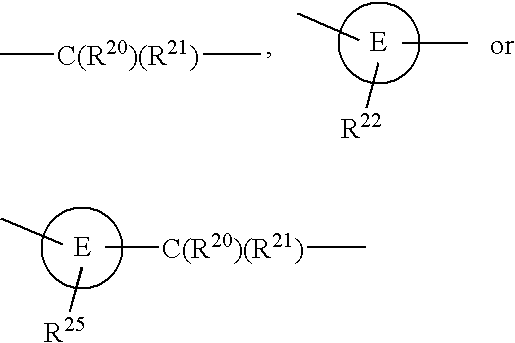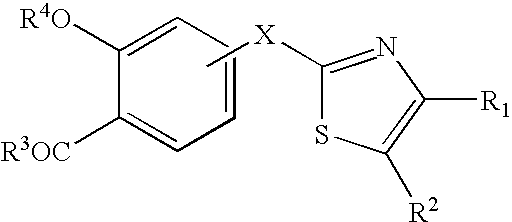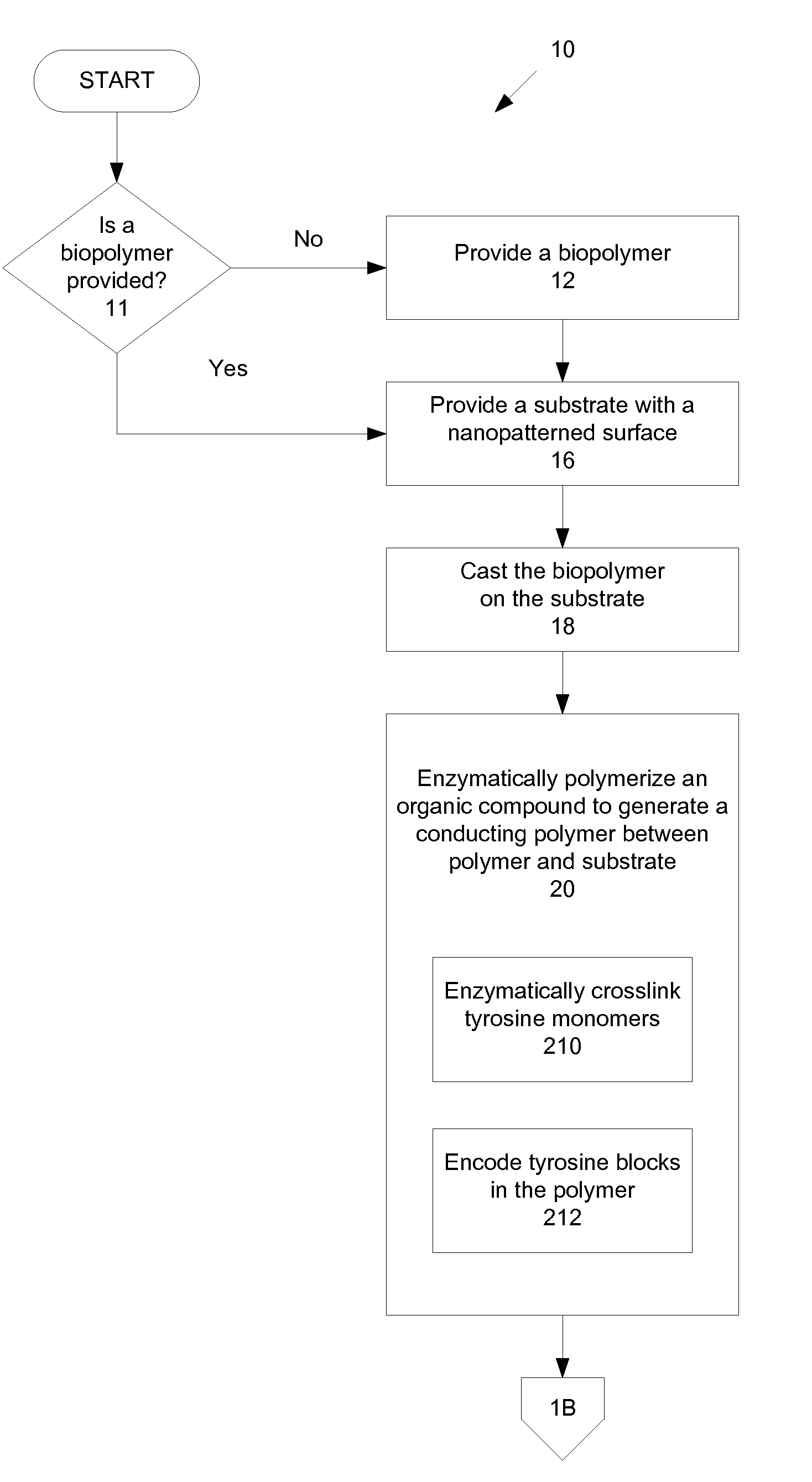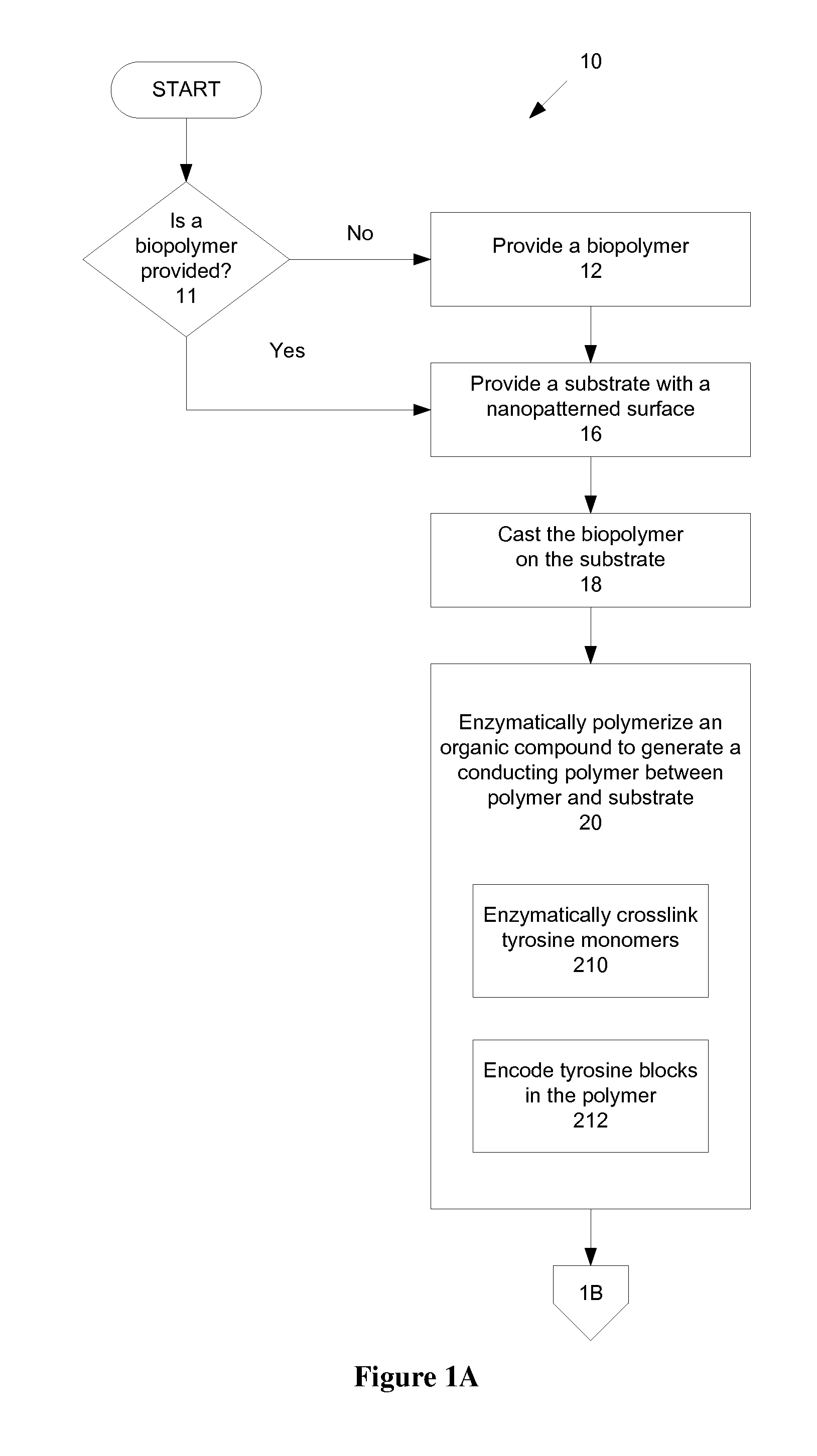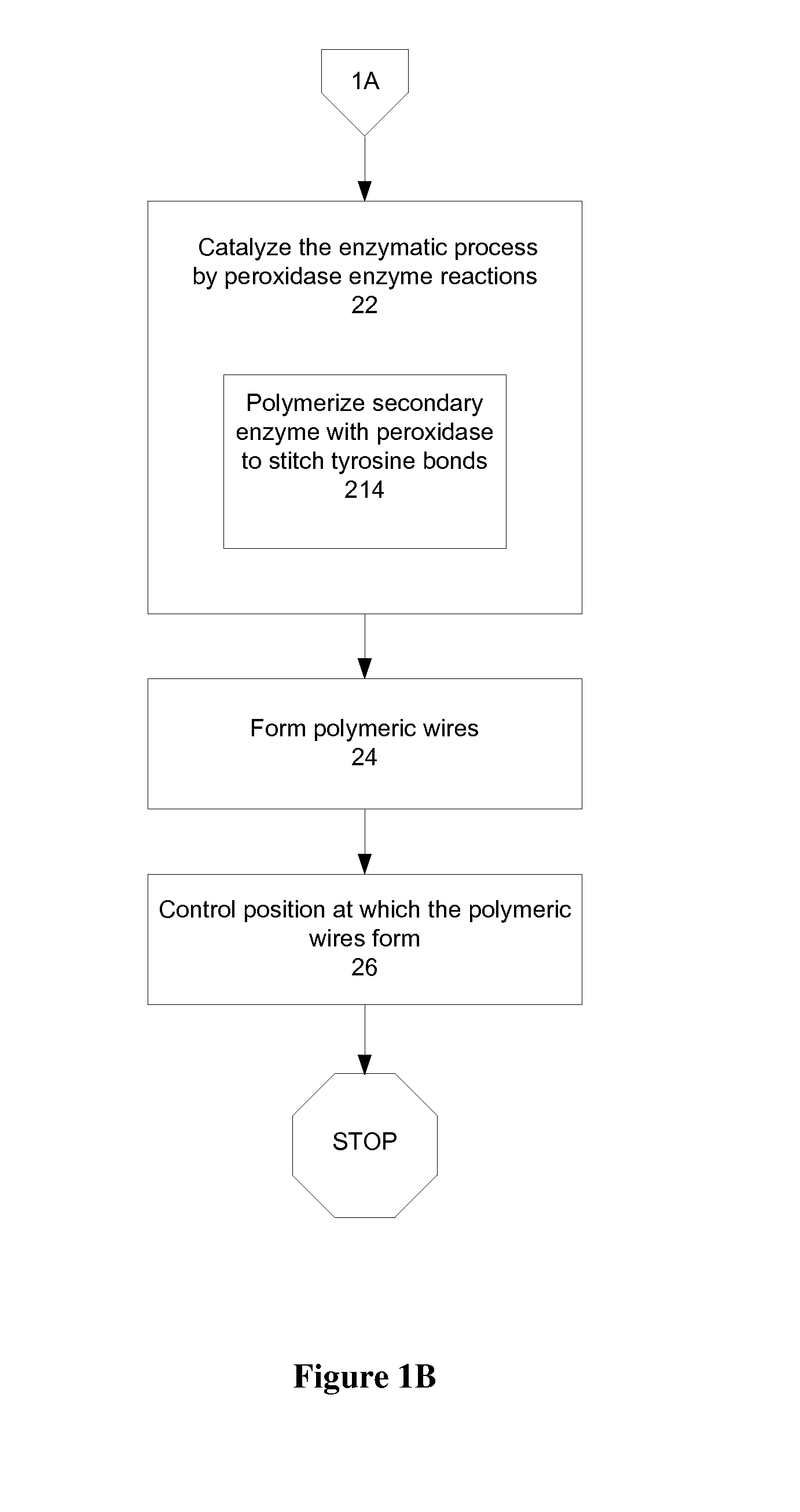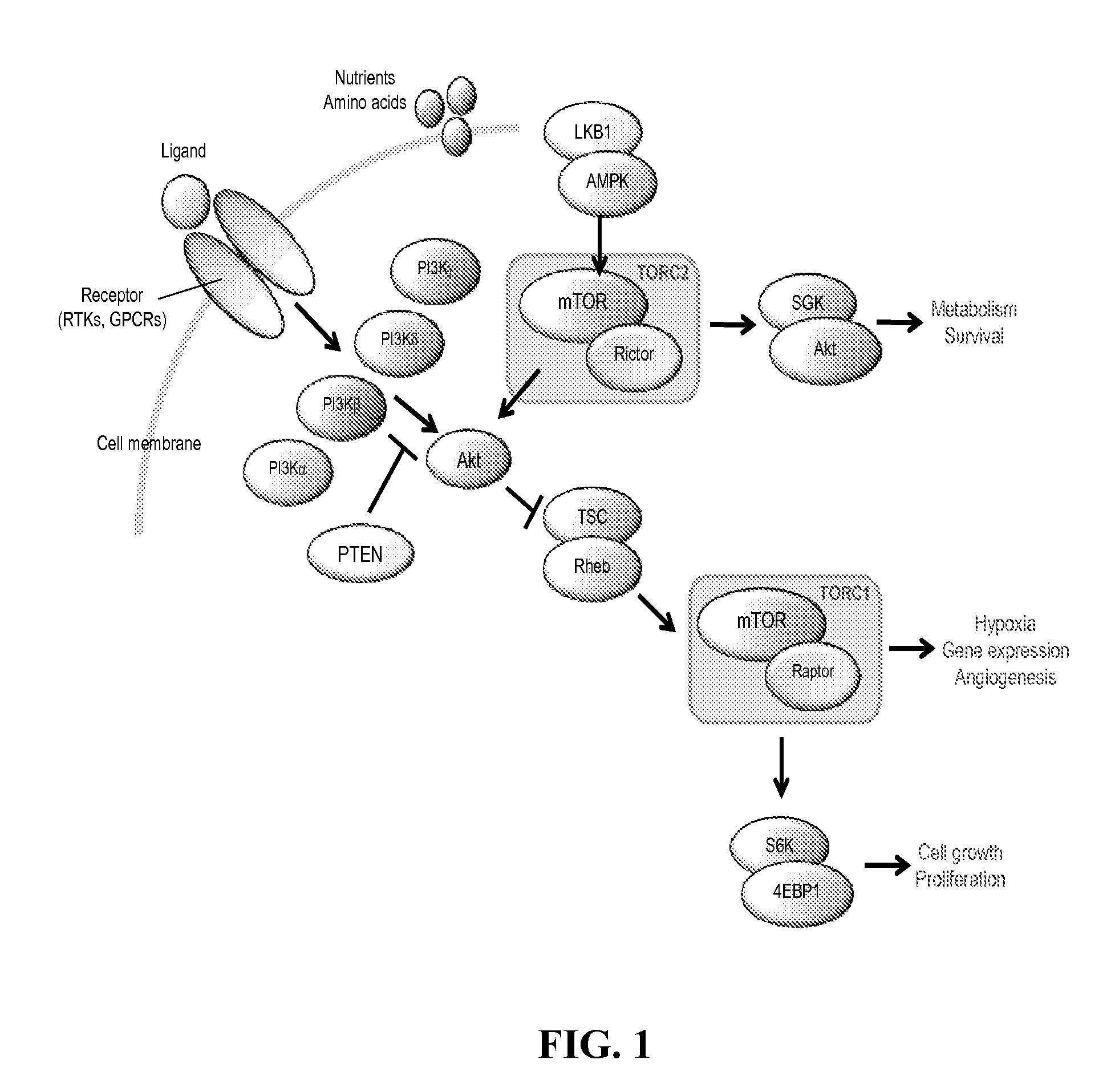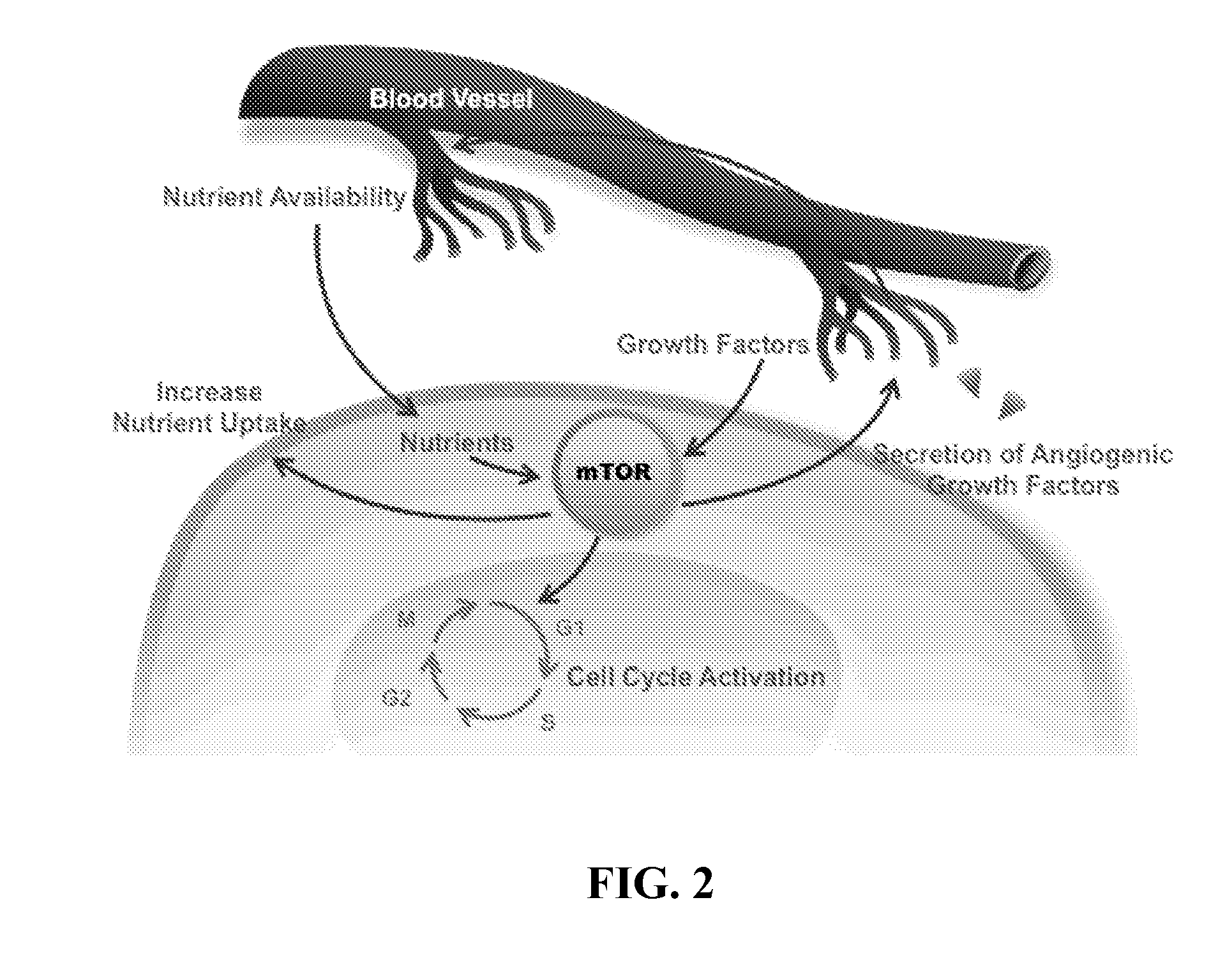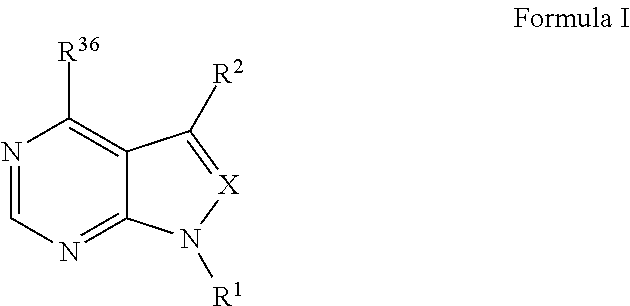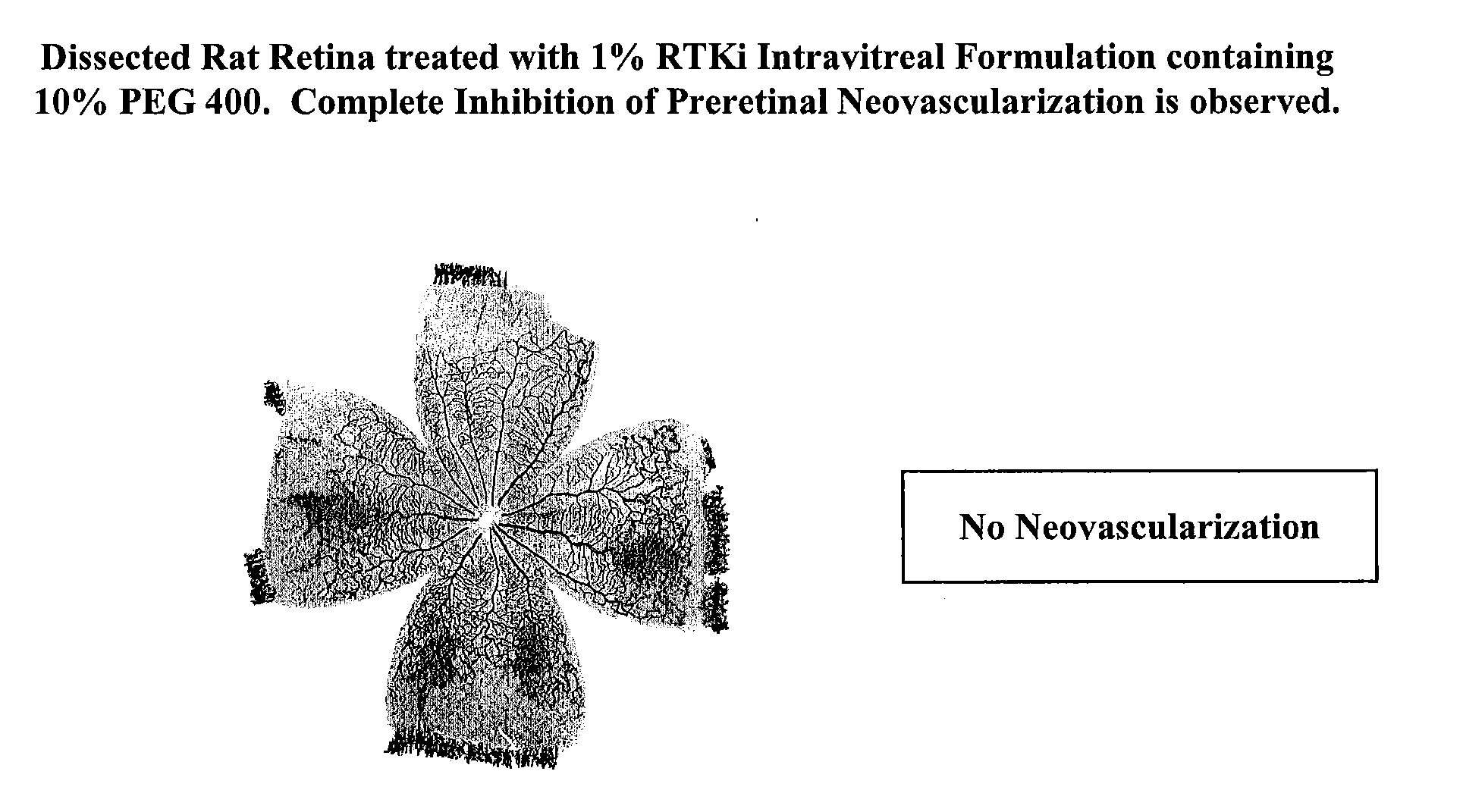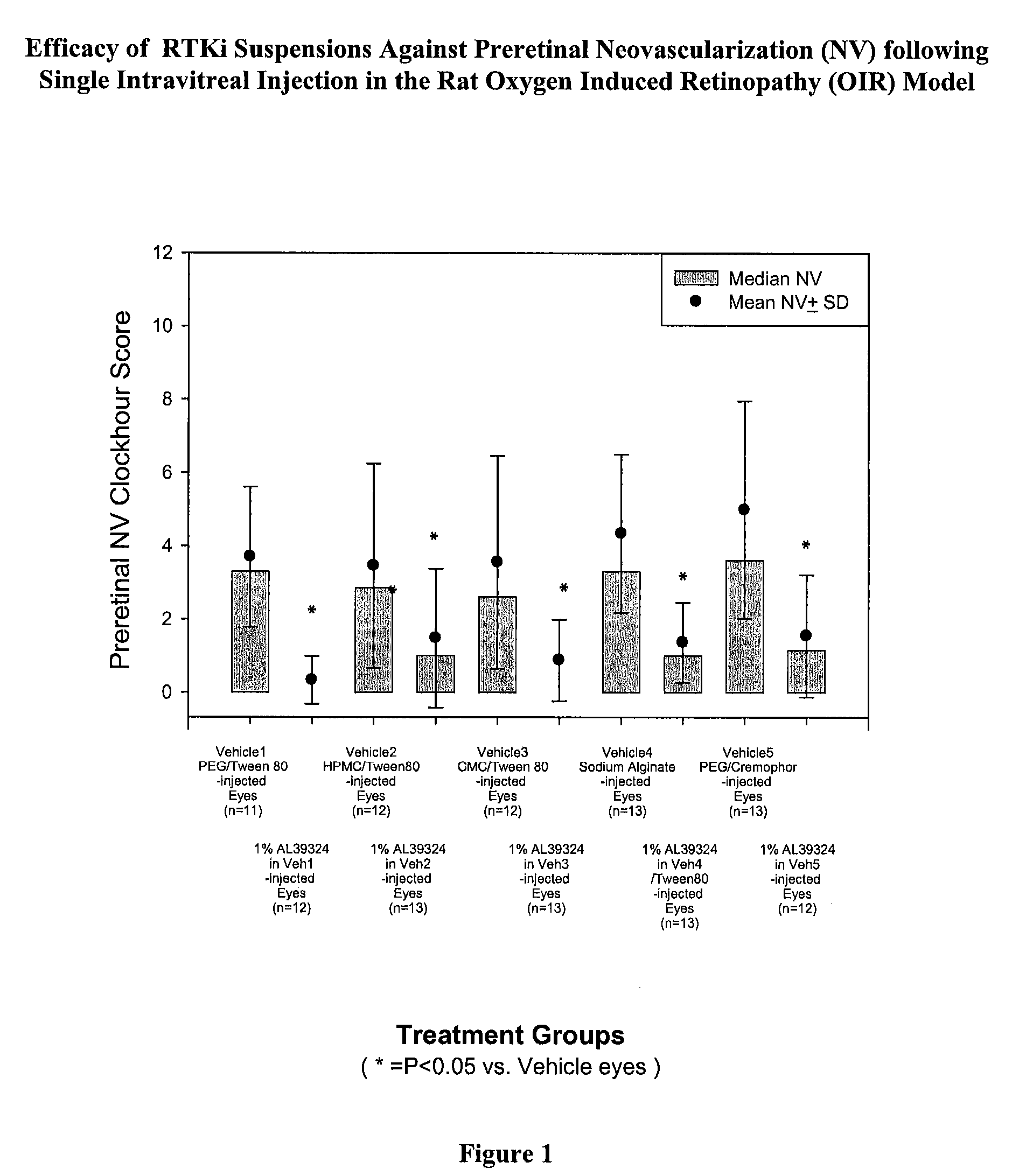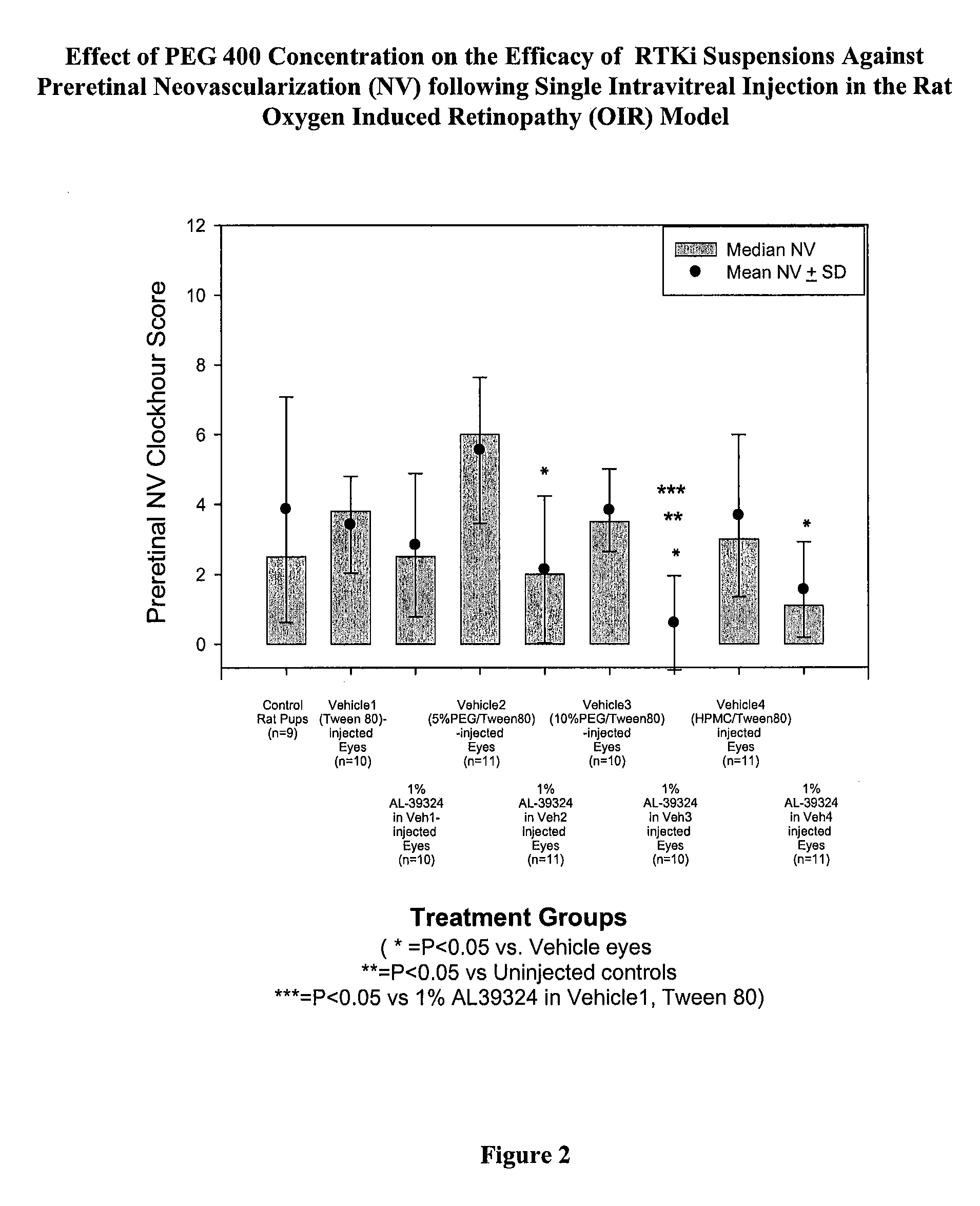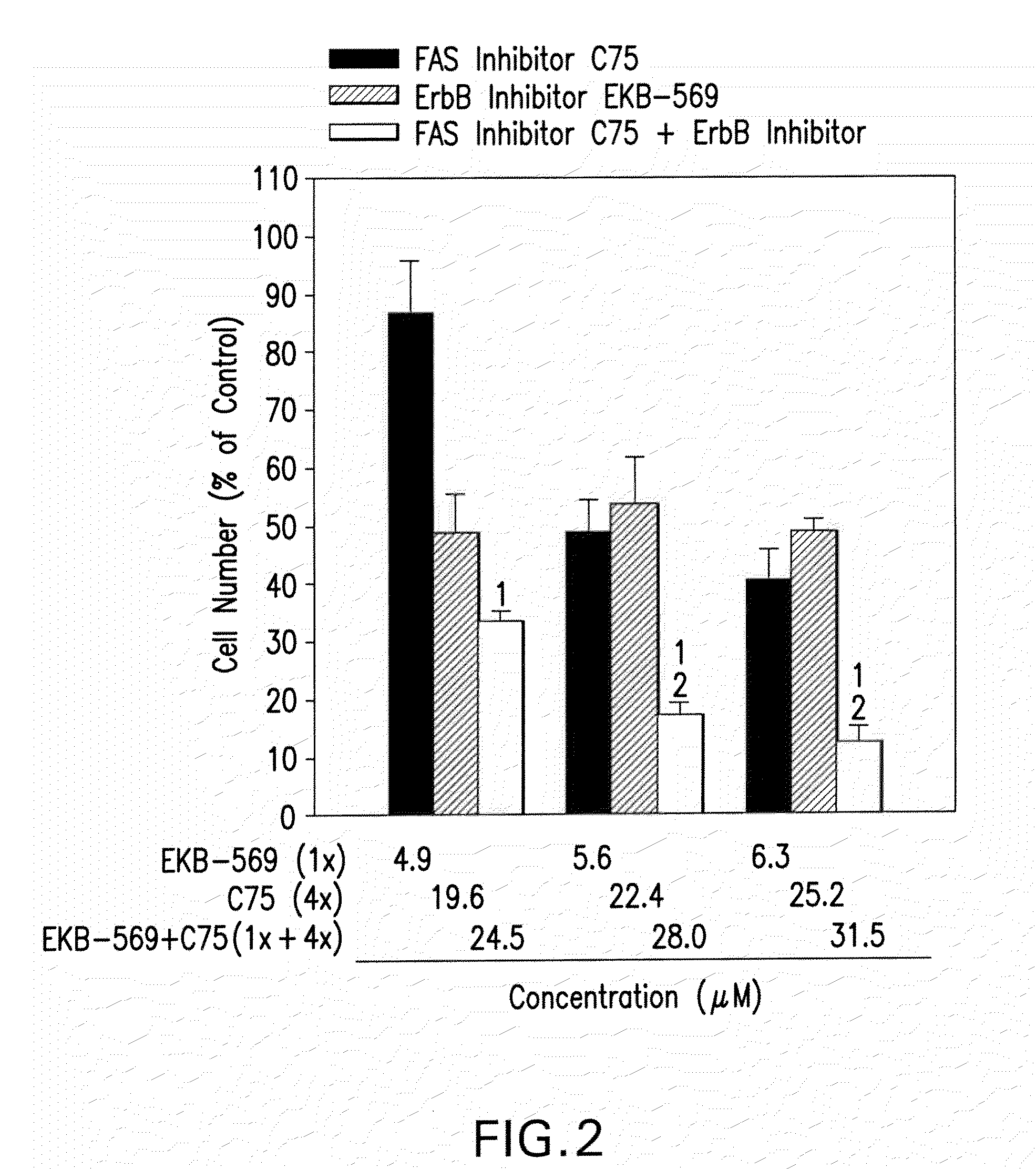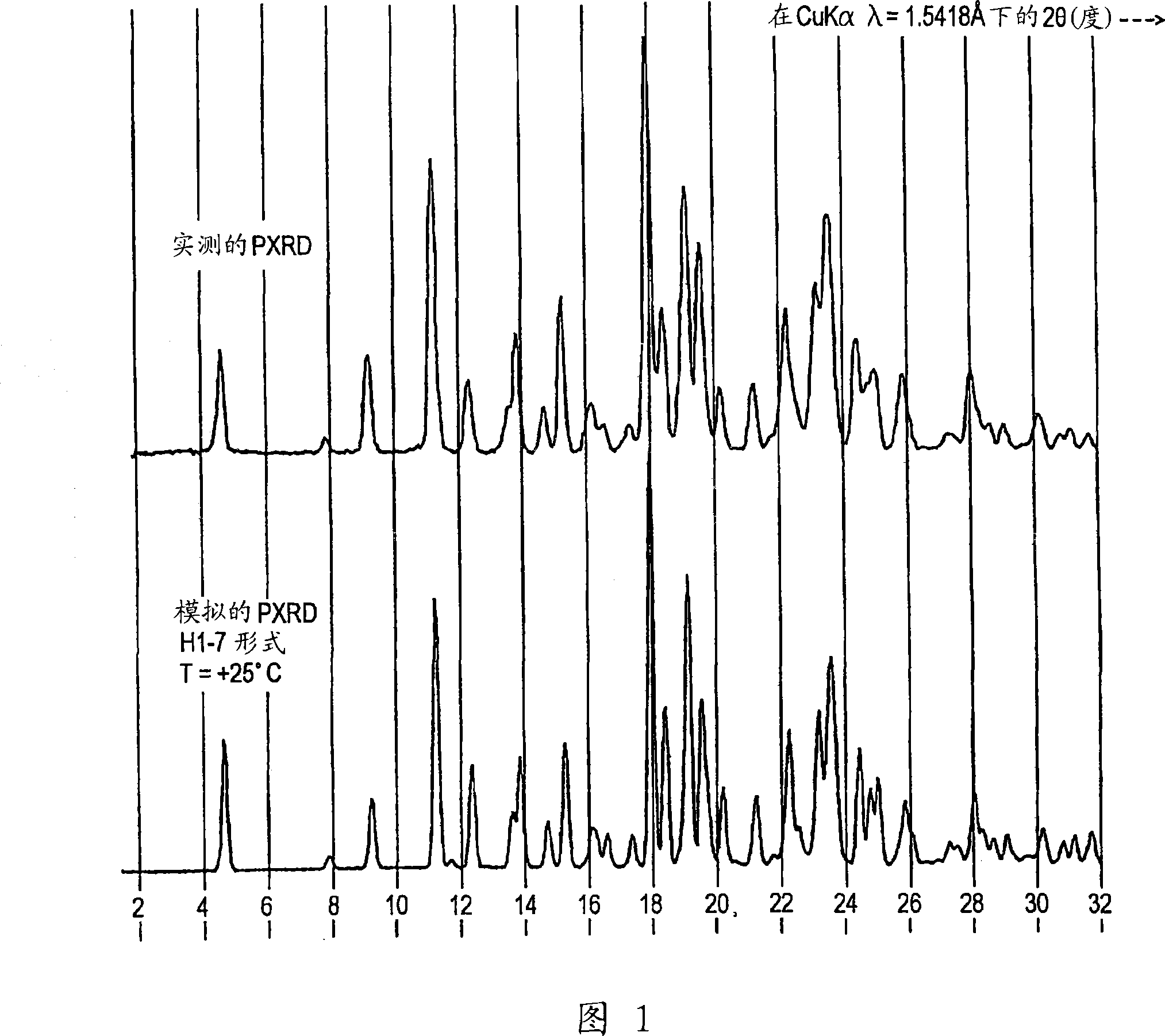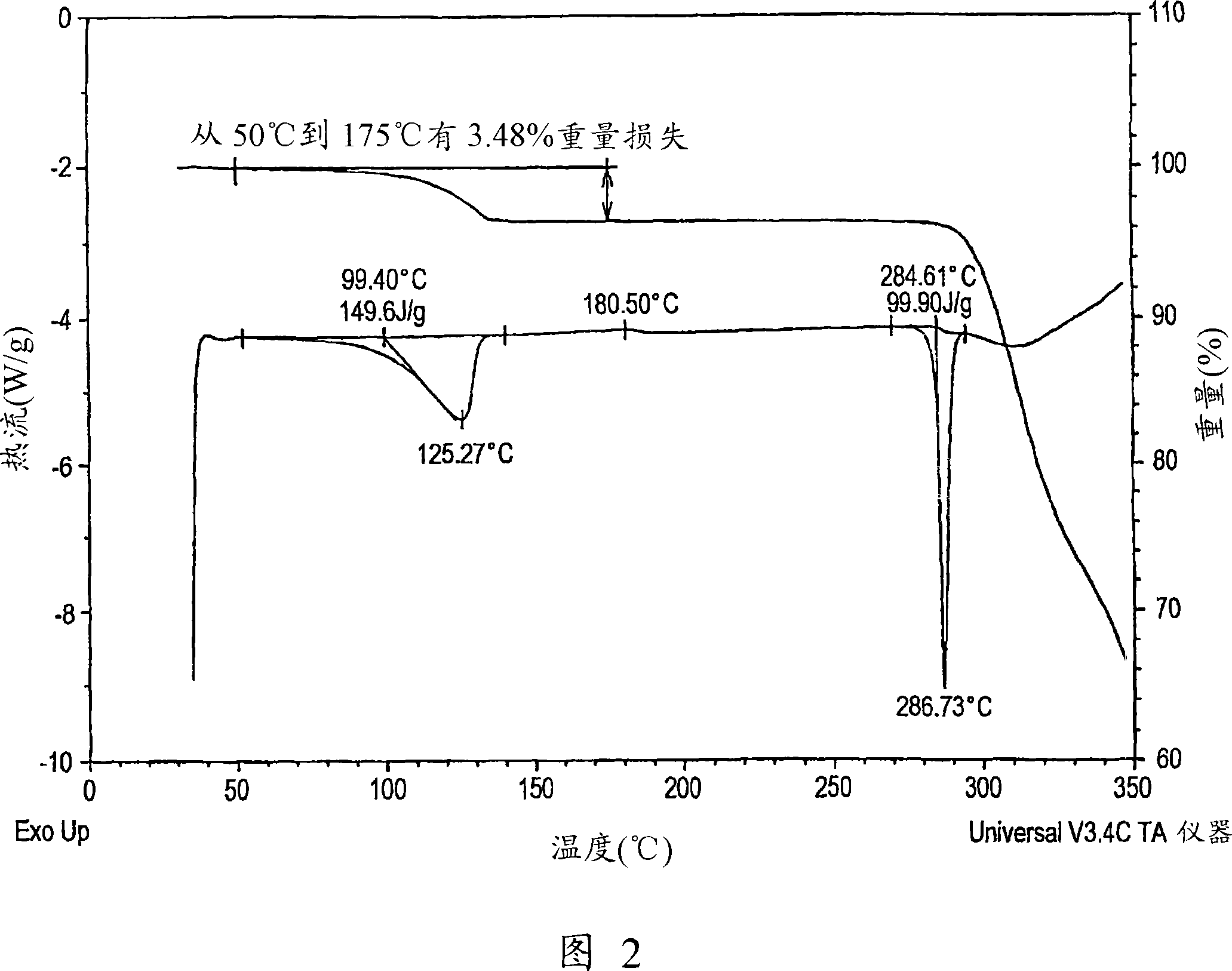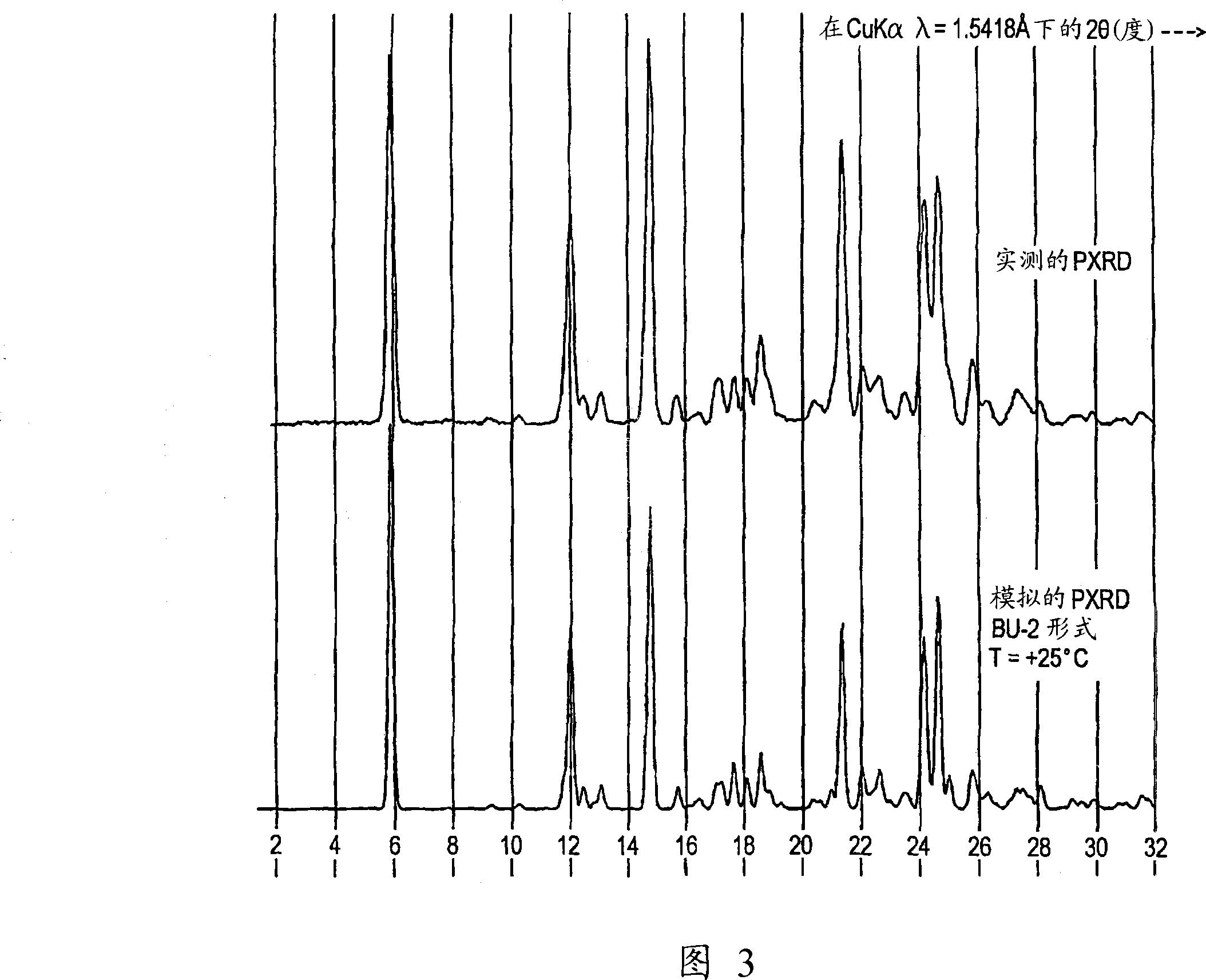Patents
Literature
Hiro is an intelligent assistant for R&D personnel, combined with Patent DNA, to facilitate innovative research.
4890 results about "Tyrosine" patented technology
Efficacy Topic
Property
Owner
Technical Advancement
Application Domain
Technology Topic
Technology Field Word
Patent Country/Region
Patent Type
Patent Status
Application Year
Inventor
Tyrosine (symbol Tyr or Y) or 4-hydroxyphenylalanine is one of the 20 standard amino acids that are used by cells to synthesize proteins. It is a non-essential amino acid with a polar side group. The word "tyrosine" is from the Greek tyrós, meaning cheese, as it was first discovered in 1846 by German chemist Justus von Liebig in the protein casein from cheese. It is called tyrosyl when referred to as a functional group or side chain. While tyrosine is generally classified as a hydrophobic amino acid, it is more hydrophilic than phenylalanine. It is encoded by the codons UAC and UAU in messenger RNA.
Method for making heteromultimeric polypeptides
InactiveUS7642228B2Increase productionAntibacterial agentsPeptide/protein ingredientsCrystallographyAmino acid side chain
The invention relates to a method of preparing heteromultimeric polypeptides such as bispecific antibodies, bispecific immunoadhesins and antibody-immunoadhesin chimeras. The invention also relates to the heteromultimers prepared using the method. Generally, the method involves introducing a protuberance at the interface of a first polypeptide and a corresponding cavity in the interface of a second polypeptide, such that the protuberance can be positioned in the cavity so as to promote heteromultimer formation and hinder homomultimer formation. “Protuberances” are constructed by replacing small amino acid side chains from the interface of the first polypeptide with larger side chains (e.g. tyrosine or tryptophan). Compensatory “cavities” of identical or similar size to the protuberances are created in the interface of the second polypeptide by replacing large amino acid side chains with smaller ones (e.g. alanine or threonine). The protuberance and cavity can be made by synthetic means such as altering the nucleic acid encoding the polypeptides or by peptide synthesis.
Owner:GENENTECH INC
Method for making heteromultimeric polypeptides
InactiveUS20070014794A1Increase productionAntibacterial agentsPeptide/protein ingredientsCrystallographyAmino acid side chain
The invention relates to a method of preparing heteromultimeric polypeptides such as bispecific antibodies, bispecific immunoadhesins and antibody-immunoadhesin chimeras. The invention also relates to the heteromultimers prepared using the method. Generally, the method involves introducing a protuberance at the interface of a first polypeptide and a corresponding cavity in the interface of a second polypeptide, such that the protuberance can be positioned in the cavity so as to promote heteromultimer formation and hinder homomultimer formation. “Protuberances” are constructed by replacing small amino acid side chains from the interface of the first polypeptide with larger side chains (e.g. tyrosine or tryptophan). Compensatory “cavities” of identical or similar size to the protuberances are created in the interface of the second polypeptide by replacing large amino acid side chains with smaller ones (e.g. alanine or threonine). The protuberance and cavity can be made by synthetic means such as altering the nucleic acid encoding the polypeptides or by peptide synthesis.
Owner:GENENTECH INC
Megakaryocytic protein tyrosine kinases
InactiveUS6326469B1Reduced megakaryocyte growthReduce differentiationVirusesPeptide/protein ingredientsDiseaseProtein-Tyrosine Kinases
The present invention relates to novel cytoplasmic tyrosine kinases isolated from megakaryocytes (megakaryocyte kinases or MKKs) which are involved in cellular signal transduction pathways and to the use of these novel proteins in the diagnosis and treatment of disease. The present invention further relates to specific megakaryocyte kinases, designated MKK1, MKK2 and MKK3, and their use as diagnostic and therapeutic agents.
Owner:MAX PLANCK GESELLSCHAFT ZUR FOERDERUNG DER WISSENSCHAFTEN EV +1
Vector system
InactiveUS7259015B2Eliminate the effects ofInhibition of activationFungiNervous disorderVector systemTyrosine
Provided are retroviral vector genomes and vector systems comprising the genomes. In particular, a retroviral vector genome comprising two or more NOIs, operably linked by one or more Internal Ribosome Entry Site(s); a lentiviral vector genome comprising two or more NOIs suitable for treating a neurodegenerative disorder; and a lentiviral vector genome which encodes tyrosine hydroxylase, GTP-cyclohydrolase I and, optionally, Aromatic Amino Acid Dopa Decarboxylase are provided.
Owner:OXFORD BIOMEDICA (UK) LTD
Bone marrow cells as a source of neurons for brain and spinal cord repair
Owner:SOUTH FLORIDA UNIVESITY OF
Certain imidazo[1,2-a]pyrazin-8-ylamines and method of inhibition of bruton's tyrosine kinase by such compounds
Compounds of Formula I-a and all pharmaceutically-acceptable forms thereof, are described herein. The variables R1, R2, R3, Z1, Q, and A shown in Formula I-a are defined herein. Pharmaceutical compositions containing one or more compounds of Formula I-a, or a pharmaceutically acceptable form of such compounds, and one or more pharmaceutically acceptable carriers, excipients, or diluents are provided herein. Methods of treating patients suffering from certain diseases responsive to inhibition of tyrosine kinase activity are also given. In certain embodiments the diseases are responsive to inhibition of Btk activity and / or B-cell proliferation. Such methods comprise administering to such patients an amount of a compound of Formula I-a effective to reduce signs or symptoms of the disease. These diseases include cancer, an autoimmune and / or inflammatory disease, or an acute inflammatory reaction. Thus methods of treatment include administering a sufficient amount of a compound or salt as provided herein to decrease the symptoms or slow the progression of these diseases. Other embodiments include methods of treating other animals, including livestock and domesticated companion animals, suffering from a disease responsive to inhibition of kinase activity. Methods of treatment include administering a compound of Formula I-a as a single active agent or administering a compound of Formula I-a in combination with one or more other therapeutic agent. A method for determining the presence of Btk in a sample, comprising contacting the sample with a compound or form thereof of Formula I-a under conditions that permit detection of Btk activity, detecting a level of Btk activity in the sample, and therefrom determining the presence or absence of Btk in the sample.
Owner:GILEAD CONNENTICUT INC
Method of prevention and treatment of aging, age-related disorders and/or age-related manifestations including atherosclerosis, peripheral vascular disease, coronary artery disease, osteoporosis, arthritis, type 2 diabetes, dementia, alzheimers disease and cancer
InactiveUS20060275294A1Halogenated hydrocarbon active ingredientsBiocideAbnormal tissue growthSTAT Transcription Factors
This invention relates to a method for prevention and treatment of aging, age-related disorders and / or age-related manifestations including atherosclerosis, peripheral vascular disease, coronary artery disease, osteoporosis, type 2 diabetes, dementia and some forms of arthritis and cancer in a subject comprising administering to said subject, separately, sequentially or simultaneously a therapeutically effective dosage of each component or combination of statins, bisphosphonates, cholesterol lowering agents or techniques, interleukin-6 inhibitor / antibody, interleukin-6 receptor inhibitor / antibody, interleukin-6 antisense oligonucleotide (ASON), gp130 protein inhibitor / antibody, tyrosine kinases inhibitors / antibodies, serine / threonine kinases inhibitors / antibodies, mitogen-activated protein (MAP) kinase inhibitors / antibodies, phosphatidylinositol 3-kinase (PI3K) inhibitors / antibodies, Nuclear factor κB (NF-κB) inhibitors / antibodies, IκB kinase (IKK) inhibitors / antibodies, activator protein-1 (AP-1) inhibitors / antibodies, STAT transcription factors inhibitors / antibodies, altered IL-6, partial peptides of IL-6 or IL-6 receptor, or SOCS (suppressors of cytokine signaling) protein, or a functional fragment thereof, administered separately, in sequence or simultaneously. Inhibition of the signal transduction pathway for Interleukin 6 mediated inflammation is key to the prevention and treatment of atherosclerosis, peripheral vascular disease, coronary artery disease, aging, age-related disorders and / or age-related manifestations including osteoporosis, type 2 diabetes, dementia and some forms of arthritis and tumors. Inhibition of Interleukin 6 mediated inflammation may be achieved indirectly through regulation of endogenous cholesterol synthesis and isoprenoid depletion or by direct inhibition of the signal transduction pathway utilizing interleukin-6 inhibitor / antibody, interleukin-6 receptor inhibitor / antibody, interleukin-6 antisense oligonucleotide (ASON), gp130 protein inhibitor / antibody, tyrosine kinases inhibitors / antibodies, serine / threonine kinases inhibitors / antibodies, mitogen-activated protein (MAP) kinase inhibitors / antibodies, phosphatidylinositol 3-kinase (PI3K) inhibitors / antibodies, Nuclear factor κB (NF-κB) inhibitors / antibodies, IκB kinase (IKK) inhibitors / antibodies, activator protein-1 (AP-1) inhibitors / antibodies, STAT transcription factors inhibitors / antibodies, altered IL-6, partial peptides of IL-6 or IL-6 receptor, or SOCS (suppressors of cytokine signaling) protein, or a functional fragment thereof. Said method for prevention and treatment of said disorders is based on inhibition of Interleukin-6 inflammation through regulation of cholesterol metabolism, isoprenoid depletion and / or inhibition of the signal transduction pathway
Owner:OMOIGUI OSEMWOTA SOTA
Biodegradable polymers, compositions, articles and methods for making and using the same
Biodegradable polymer compositions that degrade in vivo into non-toxic residues are described. In part, the present invention is directed to such polymers containing phosphorus and desaminotyrosyl L-tyrosine linkages in the polymer backbone. Processes for preparing such polymers, compositions containing such polymers and biologically active substances, articles useful for implantation or injection into the body fabricated from the compositions, and methods for controllably releasing biologically active substances using the polymers, are also described.
Owner:JOHNS HOPKINS UNIV SCHOOL OF MEDICINE
Indazole compounds, compositions thereof and methods of treatment therewith
This invention is generally directed to the use of Indazole Compounds for treating or preventing diseases associated with protein kinases, including tyrosine kinases, such as proliferative diseases, inflammatory diseases, abnormal angiogenesis and diseases related thereto, atherosclerosis, macular degeneration, diabetes, obesity, pain and others. The methods comprise the administration to a patient in need thereof of an effective amount of an indazole compound that inhibits, modulates or regulates tyrosine kinase signal transduction. Novel indazole compounds or pharmaceutically acceptable salt thereof are presented herein.
Owner:SIGNAL PHARMA LLC
Diazonium salt modification of silk polymer
ActiveUS20090232963A1Change physical propertiesPeptide/protein ingredientsPharmaceutical containersChemical MoietyPolymer science
A method for modifying silk polymer by coupling a chemical moiety to a tyrosine residue of a silk polymer is described herein for the purpose of altering the physical properties of the silk protein. Thus, silk proteins with desired physical properties can be produced by the methods described herein. These methods are particularly useful when the introduction of cells to a mammal is desired, since modifications to the silk protein affect the physical properties and thus the adhesion, metabolic activity and cell morphology of the desired cells. The silk protein can be modified to produce, or modify, a structure that provides an optimal environment for the desired cells.
Owner:TRUSTEES OF TUFTS COLLEGE TUFTS UNIV
Method of prevention and treatment of aging and age-related disorders including atherosclerosis, peripheral vascular disease, coronary artery disease, osteoporosis, arthritis, type 2 diabetes, dementia, alzheimer's disease and cancer
This invention relates to a method for prevention and treatment of aging and age-related disorders including atherosclerosis, peripheral vascular disease, coronary artery disease, osteoporosis, type 2 diabetes, dementia and some forms of arthritis and cancer in a subject comprising administering to said subject, separately, sequentially or simultaneously a therapeutically effective dosage of each component or combination of statins, bisphosphonates, cholesterol lowering agents or techniques, interleukin-6 inhibitor / antibody, interleukin-6 receptor inhibitor / antibody, interleukin-6 antisense oligonucleotide (ASON), gp130 protein inhibitor / antibody, tyrosine kinases inhibitors / antibodies, serine / threonine kinases inhibitors / antibodies, mitogen-activated protein (MAP) kinase inhibitors / antibodies, phosphatidylinositol 3-kinase (PI3K) inhibitors / antibodies, Nuclear factor κB (NF-κB) inhibitors / antibodies, IκB kinase (IKK) inhibitors / antibodies, activator protein-1 (AP-1) inhibitors / antibodies, STAT transcription factors inhibitors / antibodies, altered IL-6, partial peptides of IL-6 or IL-6 receptor, or SOCS (suppressors of cytokine signaling) protein, or a functional fragment thereof, administered separately, in sequence or simultaneously. Inhibition of the signal transduction pathway for Interleukin 6 mediated inflammation is key to the prevention and treatment of atherosclerosis, peripheral vascular disease, coronary artery disease, aging and age-related disorders including osteoporosis, type 2 diabetes, dementia and some forms of arthritis and tumors. Inhibition of Interleukin 6 mediated inflammation may be achieved indirectly through regulation of endogenous cholesterol synthesis and isoprenoid depletion or by direct inhibition of the signal transduction pathway utilizing interleukin-6 inhibitor / antibody, interleukin-6 receptor inhibitor / antibody, interleukin-6 antisense oligonucleotide (ASON), gp130 protein inhibitor / antibody, tyrosine kinases inhibitors / antibodies, serine / threonine kinases inhibitors / antibodies, mitogen-activated protein (MAP) kinase inhibitors / antibodies, phosphatidylinositol 3-kinase (PI3K) inhibitors / antibodies, Nuclear factor κB (NF-κB) inhibitors / antibodies, IκB kinase (IKK) inhibitors / antibodies, activator protein-1 (AP-1) inhibitors / antibodies, STAT transcription factors inhibitors / antibodies, altered IL-6, partial peptides of IL-6 or IL-6 receptor, or SOCS (suppressors of cytokine signaling) protein, or a functional fragment thereof. Said method for prevention and treatment of said disorders is based on inhibition of Interleukin-6 inflammation through regulation of cholesterol metabolism, isoprenoid depletion and / or inhibition of the signal transduction pathway.
Owner:OMOIGUI OSEMWOTA SOTA
Methods of treating Parkinson's disease using recombinant adeno-associated virus virions
ActiveUS7588757B2Reduce deliveryIncrease in fine motor taskingBiocidePeptide/protein ingredientsGene deliveryDisease
Methods for treating Parkinson's disease (PD) are provided. Recombinant adeno-associated virus (rAAV) virions are used to deliver genes encoding dopamine-synthesizing enzymes to the central nervous system of a primate. Once delivered, the genes are expressed, which then results in dopamine synthesis and amelioration in the clinical signs and symptoms of PD. The methods of the present invention can be used to deliver the three central dopamine synthesizing enzymes: tyrosine hydroxylase, aromatic L-amino acid decarboxylase, and guanosine triphosphate cyclohydrolase I thereby enhancing dopamine biosynthesis and providing for enhanced therapeutic efficacy.
Owner:GENZYME CORP
Regulation of mammalian keratinous tissue using N-acyl amino acid compositions
InactiveUS20050019356A1Prevent and retardTreat uneven skin toneCosmetic preparationsToilet preparationsPlant sterolHydroxyproline
Skin care compositions containing N-acyl amino acid, particularly N-acyl derivatives of Phenylalanine or Tyrosine, their isomers, or their salts; at least one other skin care active selected from sugar amines, vitamin B3, retinoids, peptides, dialkanoyl hydroxyproline, hexamidine, salicylic acid, and phytosterol; and a dermatologically acceptable carrier for the N-acyl amino acid and the skin care active. The invention further relates to methods for regulating the condition of mammalian keratinous tissue wherein the methods each comprise the step of topically applying to the keratinous tissue of a mammal needing such treatment, a safe and effective amount of the skin care composition of the invention.
Owner:THE PROCTER & GAMBLE COMPANY
Methods and compositions for kinase inhibition
The present invention sets forth a new chemical genetic approach for engineering kinase enzymes with a cysteine gatekeeper residue as well as for developing electrophilic inhibitors thereto. The present invention also provides a Src proto-oncogenic tyrosine kinase with a cysteine gatekeeper that recapitulates wild type activity and can be irreversibly inhibited both in vitro and in cells. The present invention also provides methods and compositions for modulating kinases and for treating kinase-associated diseases.
Owner:RGT UNIV OF CALIFORNIA
Polyarylates for drug delivery and tissue engineering
InactiveUS20050165203A1Prevent microparticle migrationControl ratePowder deliveryLayered productsMedicineTyrosine
Owner:RUTGERS THE STATE UNIV
Method of prevention and treatment of Atherosclerosis, Peripheral vascular disease, Coronary artery disease, aging and age-related disorders including osteoporosis, arthritis, type 2 diabetes, dementia and Alzheimer's disease
InactiveUS20060078532A1BiocidePhosphorous compound active ingredientsInterleukin 6Age related disease
This invention relates to a method for prevention and treatment of Atherosclerosis, Peripheral Vascular Disease, Coronary Artery Disease, and age-related disorders including Osteoporosis, Arthritis, Type II Diabetes, Dementia and Alzheimer's disease in a subject comprising administering to said subject a therapeutically effective dosage of each component or combination of statins, bisphosphonates, cholesterol lowering agents or techniques, interleukin-6 inhibitor / antibody, interleukin-6 receptor inhibitor / antibody, gp130 protein inhibitor / antibody, tyrosine kinases inhibitors / antibodies, STAT transcription factors inhibitors / antibodies, altered IL-6, partial peptides of IL-6 or IL-6 receptor, or SOCS (suppressors of cytokine signaling) protein, or a functional fragment thereof, administered separately, in sequence or simultaneously. Inhibition of the signal transduction pathway for Interleukin 6 mediated inflammation is key to the prevention and treatment of atherosclerosis, peripheral vascular disease, coronary artery disease, aging and age-related disorders including osteoporosis, type 2 diabetes, dementia and some forms of arthritis and tumors. Inhibition of Interleukin 6 mediated inflammation may be achieved indirectly through regulation of endogenous cholesterol synthesis and isoprenoid depletion or by direct inhibition of the signal transduction pathway including interleukin-6 inhibitor / antibody, interleukin-6 receptor inhibitor / antibody, gp130 protein inhibitor / antibody, tyrosine kinases inhibitors / antibodies, STAT transcription factors inhibitors / antibodies, altered IL-6, partial peptides of IL-6 or IL-6 receptor, or SOCS (suppressors of cytokine signaling) protein, or a functional fragment thereof. Said method for prevention and treatment of said disorders is based on inhibition of Interleukin-6 inflammation through regulation of cholesterol metabolism, isoprenoid depletion and inhibition of the signal transduction pathway.
Owner:OMOIGUI OSEMWOTA SOTA
Benzothiazinone and benzoxazinone compounds
Q is —N=or CR2 X is S, O or NOR3 Y is —O—, —S—, —SO— or —SO2—R and R1 are each, independently, H, a substituted or unsubstituted aliphatic, aromatic, heteroaromatic or aralkyl groupR2 is H or a substituentR3 is H, or —C(O)R4 R4 is a substituted or unsubstituted aliphatic or aromatic groupn is an integer from 0 to 1Chemical compounds having structural formula I and physiologically acceptable salts thereof, are inhibitors of serine / threonine and tyrosine kinase activity. Several of the tyrosine kinases, whose activity is inhibited by these chemical compounds, are involved in angiogenic processes. Thus, these chemical compounds can ameliorate disease states where angiogenesis or endothelial cell hyperproliferation is a factor. These compounds can be used to treat cancer and hyperproliferative disorders.
Owner:ABBVIE DEUTSHLAND GMBH & CO KG
Pharmaceutical composition and method for the transdermal delivery of calcium
InactiveUS20070292493A1Reduce disadvantagesReduce and prevent likelihoodHalogenated hydrocarbon active ingredientsBiocideArginineTryptophan
The present invention relates to a method and transdermal pharmaceutical composition for preventing or reducing the likelihood of calcium deficiency or imbalances caused by calcium deficiency. The transdermal pharmaceutical composition includes a therapeutically effective amount of a pharmaceutically acceptable salt of calcium and a pharmaceutically acceptable carrier constituting a pluronic lecithin organogel. In addition to calcium, the transdermal pharmaceutical composition may also contain a therapeutically effective amount of: (1) a pharmaceutically acceptably salt of other minerals such as magnesium, zinc, selenium, manganese, or chromium; (2) a vitamin such as vitamin A, vitamin D, vitamin C, vitamin E or B-complex vitamins, choline, lecithin, inositol, PABA, biotin, or bioflavomoids; (3) a carotenoid such as lycopene or lutein; (4) a hormone such as dehydroepiandrosterone, progesterone, pregnenolone, or melatonin; (5) an amino acid such as arginine, glutamine, lysine, phenylalanine, tyrosine, GABA, tryptophan, carnitine, or acetyl-l-carnitine; (6) a fatty acid such as a fish oil or flax seed oil; (7) a vita-nutrient such as coenzyme Q10; (8) a cartilage building nutrient such as glucosamine, chondroitin, or MSM, (9) a herb such as ginkgo biloba, echinacea, 5-HTP, St. John's wort, or saw palmetto; or (9) any combination thereof. The transdermal pharmaceutical composition may be topically administered to a human to prevent or reduce the likelihood of calcium deficiency or imbalances caused by calcium deficiency such as hypertension, high cholesterol, colon and rectal cancer, osteomalacia, rickets, osteoporosis, cardiovascular disease, preeclampsia, tooth decay, and premenstrual syndrome.
Owner:BRIERRE BARBARA T
HMB compositions and uses thereof
InactiveUS20050215640A1Reduce tumor growth rateReduce rateBiocideNervous disorderInvoluntary weight lossNeutral Amino Acids
The present invention relates to methods for the prevention and treatment of chronic inflammatory diseases, cancer, and involuntary weight loss. In the practice of the present invention patients are enterally administered HMB alone or alternatively in combination with eicosapentaenoic (20:5 ω-3), FOS, carnitine and mixtures thereof. HMB may be added to food products comprising a source of amino-nitrogen enriched with large neutral amino acids such as leucine, isoleucine, valine, tyrosine, threonine and phenylalanine and subtantially lacking in free amino acids.
Owner:ABBOTT LAB INC
Radiolabeled irreversible inhibitors of epidermal growth factor receptor tyrosine kinase and their use in radioimaging and radiotherapy
InactiveUS6562319B2BiocideOrganic chemistryPositron emission tomographyEpidermal growth factor receptor tyrosine kinase
Owner:YISSUM RES DEV CO OF THE HEBREWUNIVERSITY OF JERUSALEM LTD +1
Biodegradable Intravitreal Tyrosine Kinase Implants
ActiveUS20140031408A1Reduce deliveryFacilitate obtaining successful treatment resultsBiocideSenses disorderOphthalmologyPolyvinyl alcohol
Biocompatible intraocular implants include a tyrosine kinase inhibitor and a biodegradable polymer that is effective to facilitate release of the tyrosine kinase inhibitor into the vitreous of an eye for an extended period of time. The therapeutic agents of the implants may be associated with a biodegradable polymer matrix, such as a matrix that is substantially free of a polyvinyl alcohol. The implants can be placed in an eye to treat or reduce the occurrence of one or more ocular conditions.
Owner:ALLERGAN INC
A combination of mitochondrial nutrients for relieving stress, preventing and improving stress-related disorders
InactiveUS20060257502A1Accelerated agingIncreasing oxidative metabolismBiocideCosmetic preparationsAlpha-TocopherolL-Carnosine
A dietary supplement of mitochondrial nutrients is designed for relieving stress, preventing and improving stress-related disorders, such as chronic fatigue syndrome, diabetes, age-associated cognitive dysfunction and diseases (Parkinson's and Alzheimer's disease). The supplement composition has the following nutrients: B vitamins (cyanocobalamin 2-1,000 ug, thiamin 1-1,000 mg, niacin 15-2,000 mg, pyridoxine 1-1,000 mg, Pantothenate 5-150 mg, folic acid 400-40,000 ug), alpha-tocopherol 10-800 mg, ascorbic acid 50-10,000 mg, calcium 20-2,000 mg, vitamin A 200-10,000 ug, alpha-lipoic acid 100-1,000 mg, N-acetyl cysteine 100-3,000 mg, L-carnosine 100-9,000 mg, tyrosine 100-9,000 mg, vanillin 10-100 mg, phosphatidylserine 10-800 mg, resveratrol 10-50 mg, dehydroepiandrosterone 1-50 mg, and melatonin 0.1-3 mg, all of which have been individually used experimentally or clinically for relieving stress, preventing and treating age- and stress-related disorders and diseases but no combination of these compounds has been used. Many embodiments also contain at least one adjunct ingredient such as coenzyme Q 10-200 mg, acetyl-L-carnitine 100-2,000 mg, choline 50-1,000 mg, and creatine 100-2,000 mg.
Owner:LIU JIANKANG
Heteroaromatic pentacyclic compound and medicinal use thereof
A 5-membered heteroaromatic ring compound represented by the formula [I]wherein V is CH or N; W is S or O; R1 and R2 are each H etc.; X is —N(R4)—, —O—, —S—, —SO2—N(R5)—, —CO—N(R7)— etc.; L is wherein R20, R21, R22 and R25 are each H etc.; E is aryl or heteroaromatic ring group; R is —COOH etc.; B is aryl etc.; R3 is H etc.; Y is —C(R13)(R14)—N(R12)—C(R13)(R14)—O—, —N(R11)—, —O— etc.; A is alkylene; and Z is aryl etc., a prodrug thereof and a pharmaceutically acceptable salt thereof. The compound [I] has a superior protein tyrosine phosphatase 1B inhibitory activity and is useful as a therapeutic agent for diabetes, diabetic complications, hyperlipidemia, obesity and the like.
Owner:JAPAN TOBACCO INC
Electroactive biopolymer optical and electro-optical devices and method of manufacturing the same
ActiveUS20100065784A1Minimize negative impactImprove functional propertiesPowder deliveryConductive materialPolymer scienceBiopolymer
A method of manufacturing a biopolymer optical device includes providing a polymer, providing a substrate, casting the polymer on the substrate, and enzymatically polymerizing an organic compound to generate a conducting polymer between the provided polymer and the substrate. The polymer may be a biopolymer such as silk and may be modified using organic compounds such as tyrosines to provide a molecular-level interface between the provided bulk biopolymer of the biopolymer optical device and a substrate or other conducting layer via a tyrosine-enzyme polymerization. The enzymatically polymerizing may include catalyzing the organic compound with peroxidase enzyme reactions. The result is a carbon-carbon conjugated backbone that provides polymeric “wires” for use in polymer and biopolymer optical devices. An all organic biopolymer electroactive material is thereby provided that provides optical functions and features.
Owner:TRUSTEES OF TUFTS COLLEGE
Methods and compositions for treatment of ophthalmic conditions
InactiveUS20110269779A1Relieve symptomsLower eye pressureBiocideSenses disorderKinase activityMedicine
The present invention provides chemical entities or compounds and pharmaceutical compositions thereof that are capable of modulating signal transduction by certain protein kinases such as mTor, tyrosine kinases, and / or lipid kinases such as PB kinase in an ocular tissue. Also provided in the present invention are methods of using these compositions to modulate activities of one or more of these kinases, especially for therapeutic applications.
Owner:INTELLIKINE
Radiolabeled irreversible inhibitors of epidermal growth factor receptor tyrosine kinase and their use in radioimaging and radiotherapy
InactiveUS20020128553A1BiocideOrganic chemistryPositron emission tomographyEpidermal growth factor receptor tyrosine kinase
Radiolabeled epidermal growth factor receptor tyrosine kinase (EGFR-TK) irreversible inhibitors and their use as biomarkers for medicinal radioimaging such as Positron Emission Tomography (PET) and Single Photon Emission Computed Tomography (SPECT) and as radiopharmaceuticals for radiotherapy are disclosed.
Owner:YISSUM RES DEV CO OF THE HEBREWUNIVERSITY OF JERUSALEM LTD +1
PHARMACEUTICAL FORMULATION FOR DELIVERY OF RECEPTOR TYROSINE KINASE INHIBITING (RTKi) COMPOUNDS TO THE EYE
InactiveUS20070149593A1Increase vascular permeabilityOvercomes drawbackBiocideSenses disorderDiseaseOcular neovascularization
The present invention relates to development of efficacious intravitreal pharmaceutical compositions comprising a poorly water soluble agent with anti-angiogenic and / or anti vascular leakage properties in a therapeutically effective amount and a co-solvent in a suitable amount to treat or prevent diseases due to ocular neovascularization and enhanced vascular permeability. Other aspects of the invention details the development of efficacious compositions for the treatment of the said diseases via periocular, topical and oral administration.
Owner:ALCON INC
Combination Product of Receptor Tyrosine Kinase Inhibitor and Fatty Acid Synthase Inhibitor for Treating Cancer
InactiveUS20090325877A1Reducing FASN activityInhibitory activityBiocidePeptide/protein ingredientsReceptor tyrosine kinase inhibitorFatty acid
A pharmaceutical combination product is disclosed that comprises a receptor tyrosine kinase inhibitor and a fatty acid synthase inhibitor, and to the use thereof in the manufacture of a medicament for use in the treatment or prophylaxis of cancer.
Owner:WYETH
Process for preparing 2-aminothiazole-5-aromatic carboxamides as kinase inhibitors
The invention relates to processes for preparing compounds having the formula (I) and crystalline forms thereof, wherein Ar is aryl or heteroaryl, L is an optional alkylene linker, and R2, R3, R4, and R5, are as defined in the specification herein, which compounds are useful as kinase inhibitors, in particular, inhibitors of protein tyrosine kinase and p38 kinase.
Owner:BRISTOL MYERS SQUIBB HLDG IRELAND UNLTD
Features
- R&D
- Intellectual Property
- Life Sciences
- Materials
- Tech Scout
Why Patsnap Eureka
- Unparalleled Data Quality
- Higher Quality Content
- 60% Fewer Hallucinations
Social media
Patsnap Eureka Blog
Learn More Browse by: Latest US Patents, China's latest patents, Technical Efficacy Thesaurus, Application Domain, Technology Topic, Popular Technical Reports.
© 2025 PatSnap. All rights reserved.Legal|Privacy policy|Modern Slavery Act Transparency Statement|Sitemap|About US| Contact US: help@patsnap.com
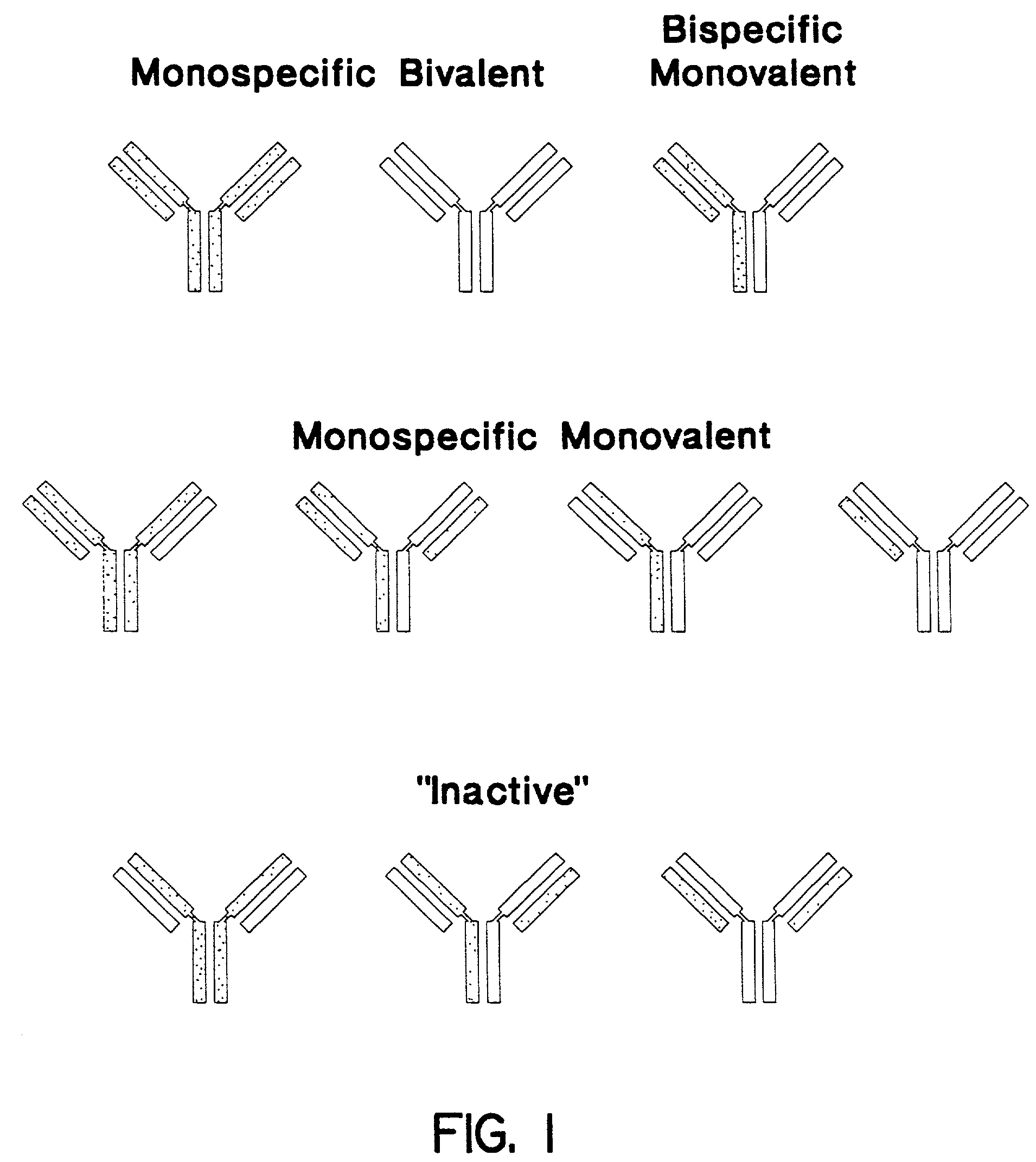
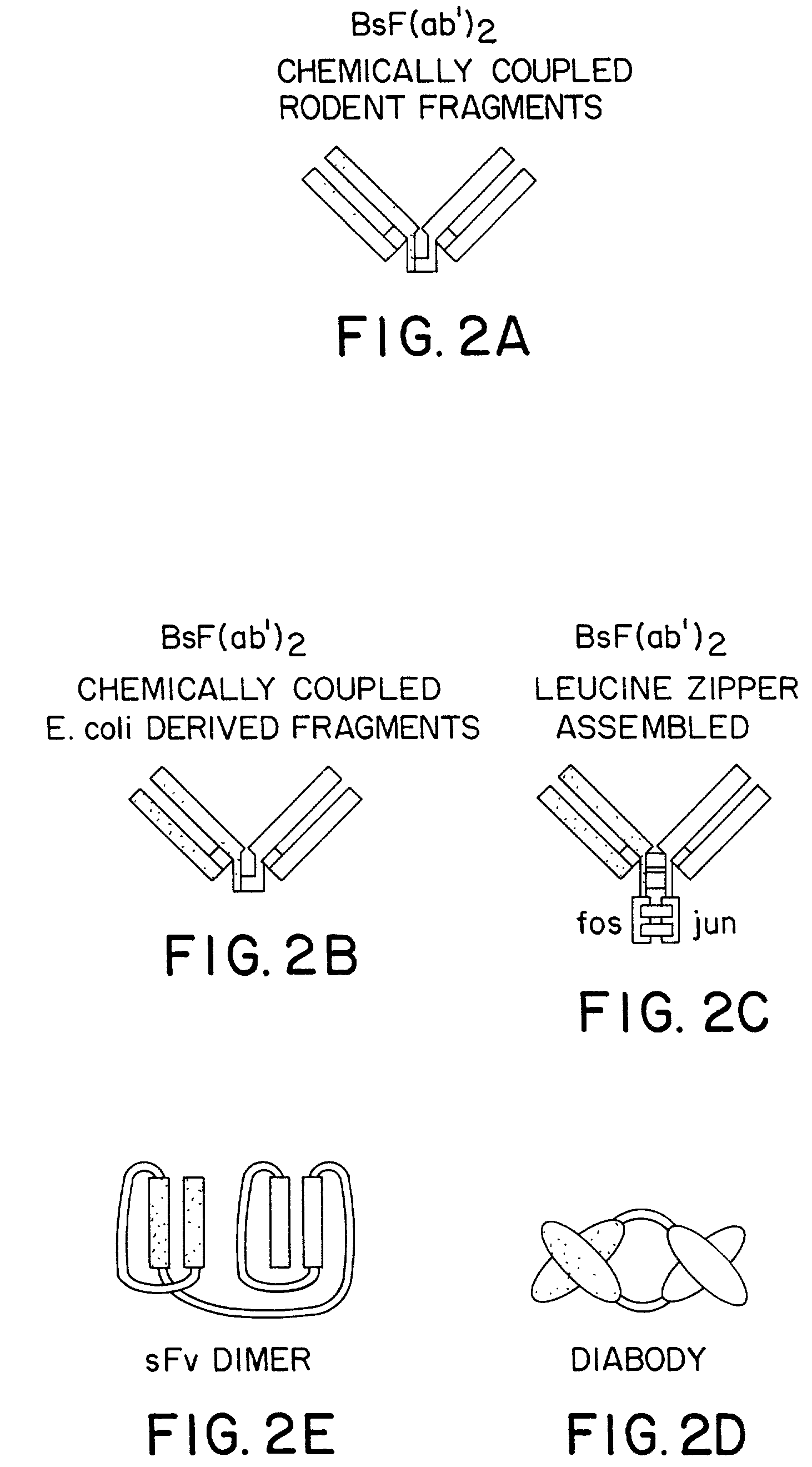
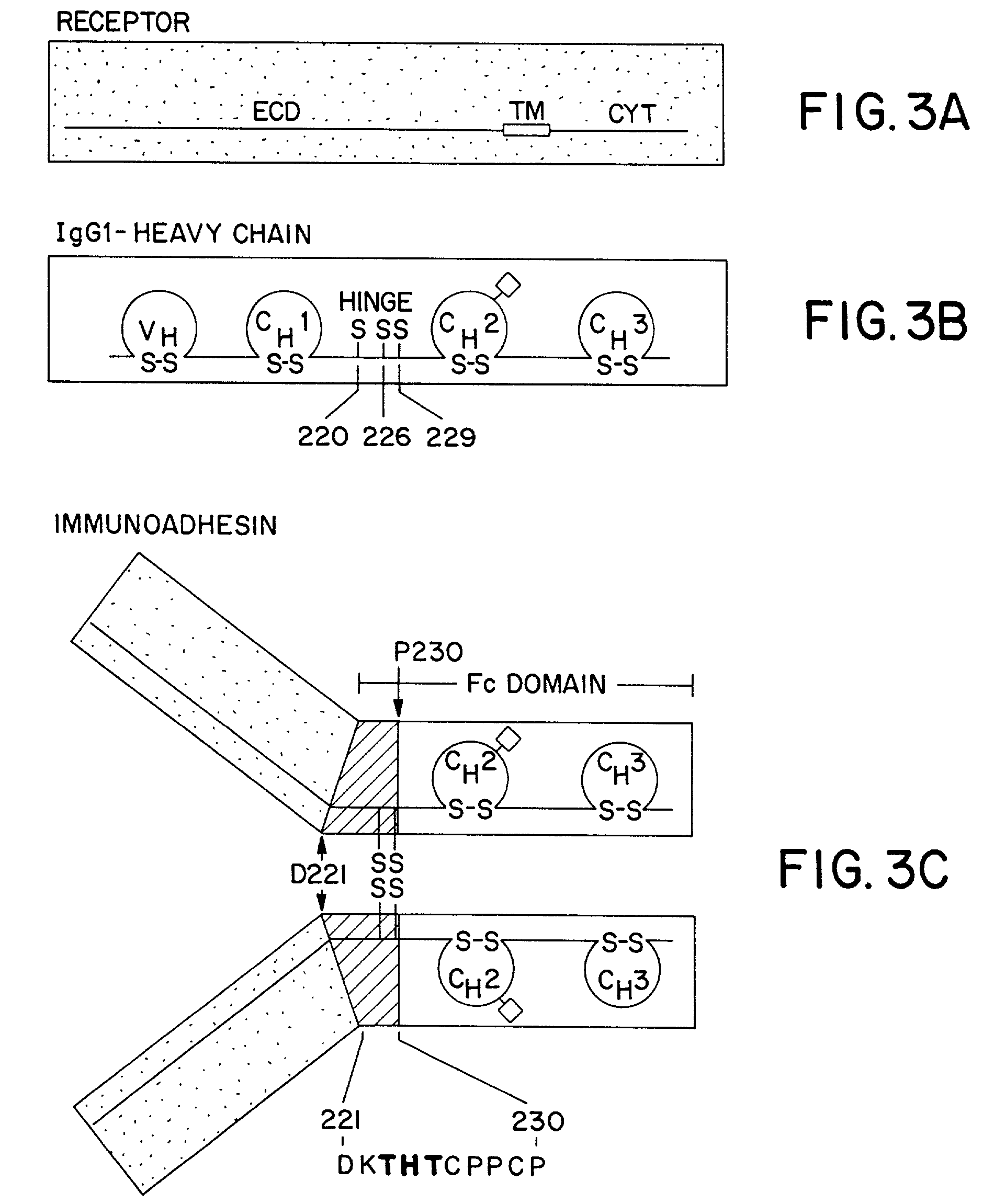
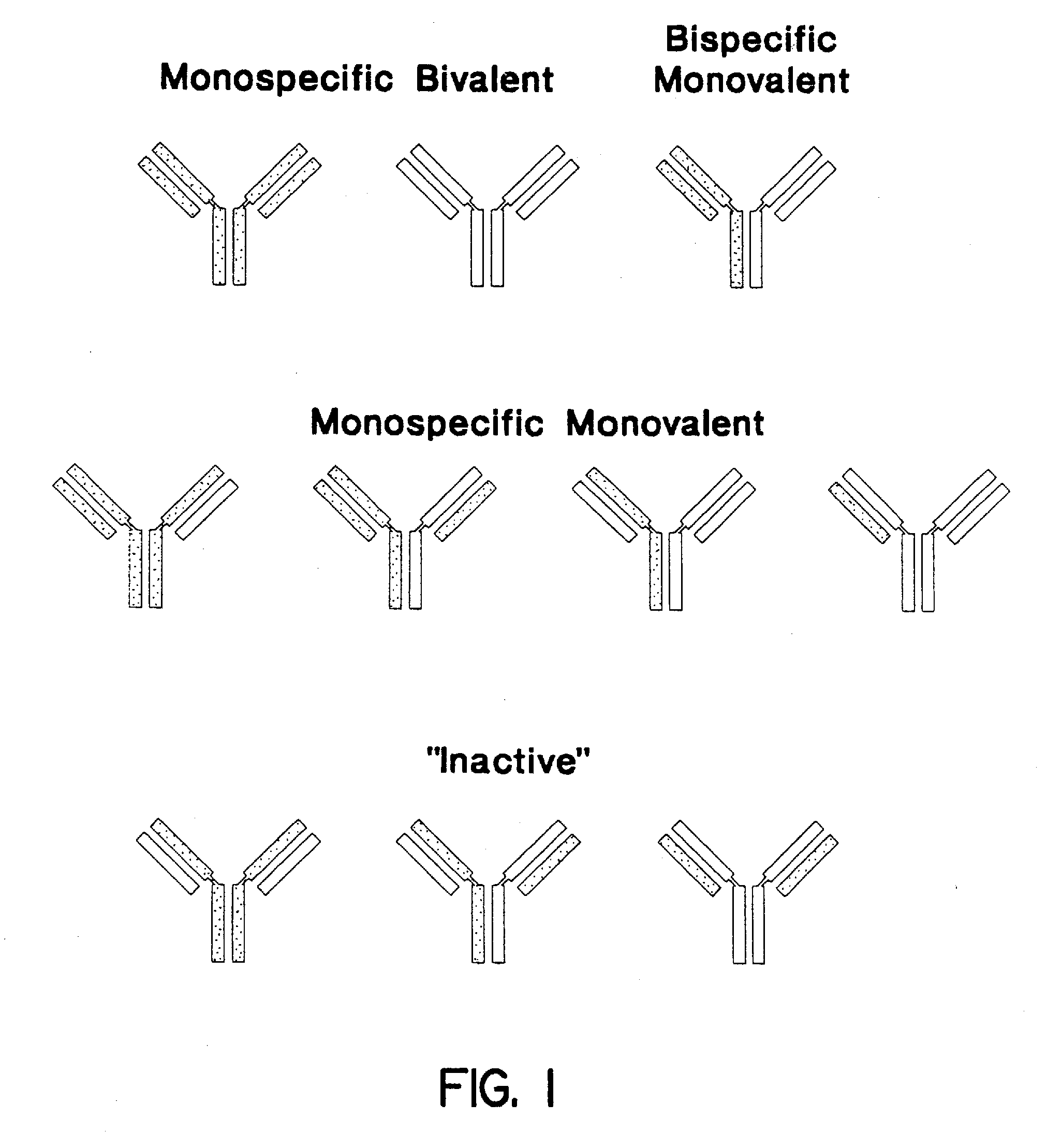
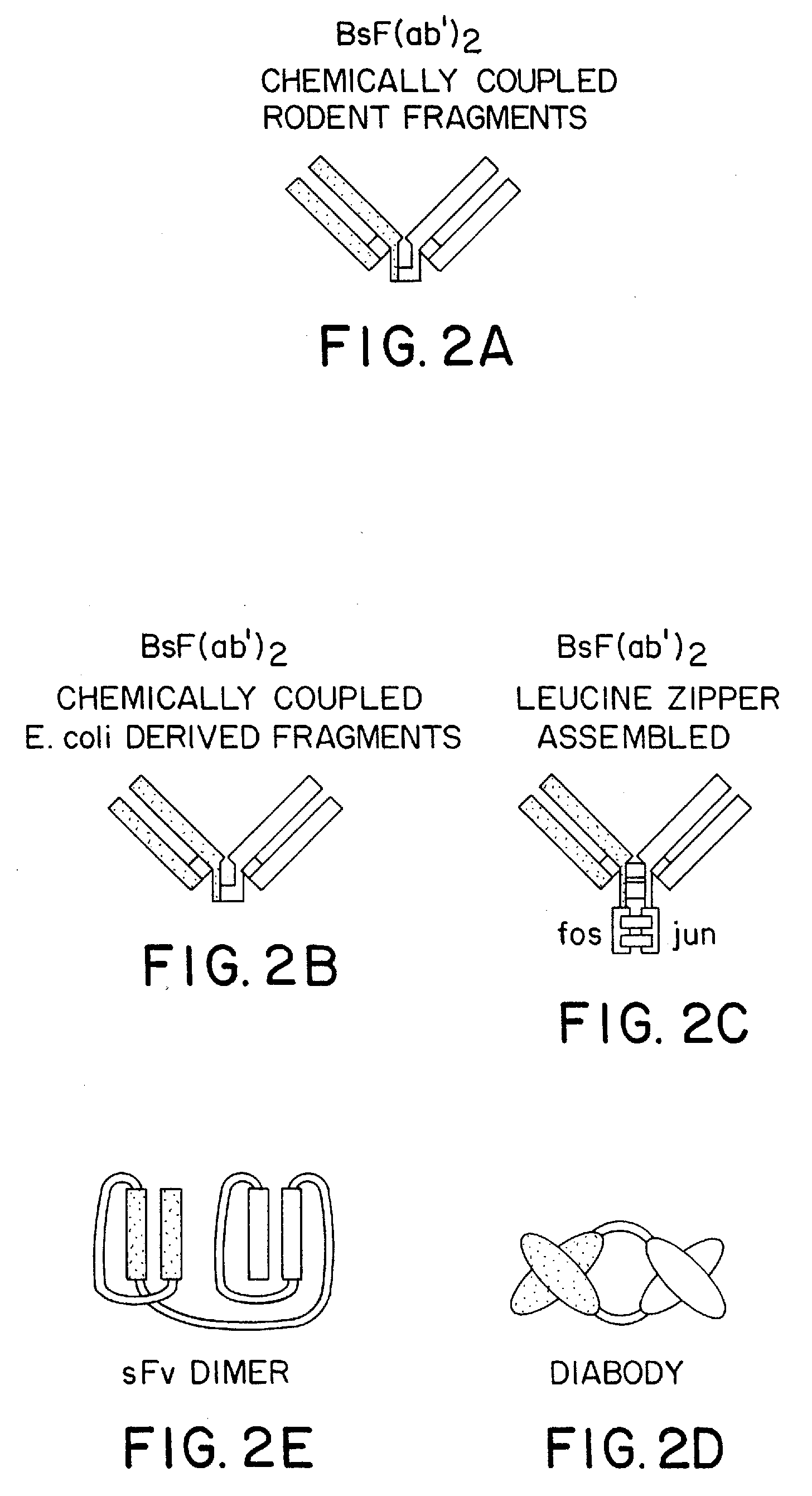
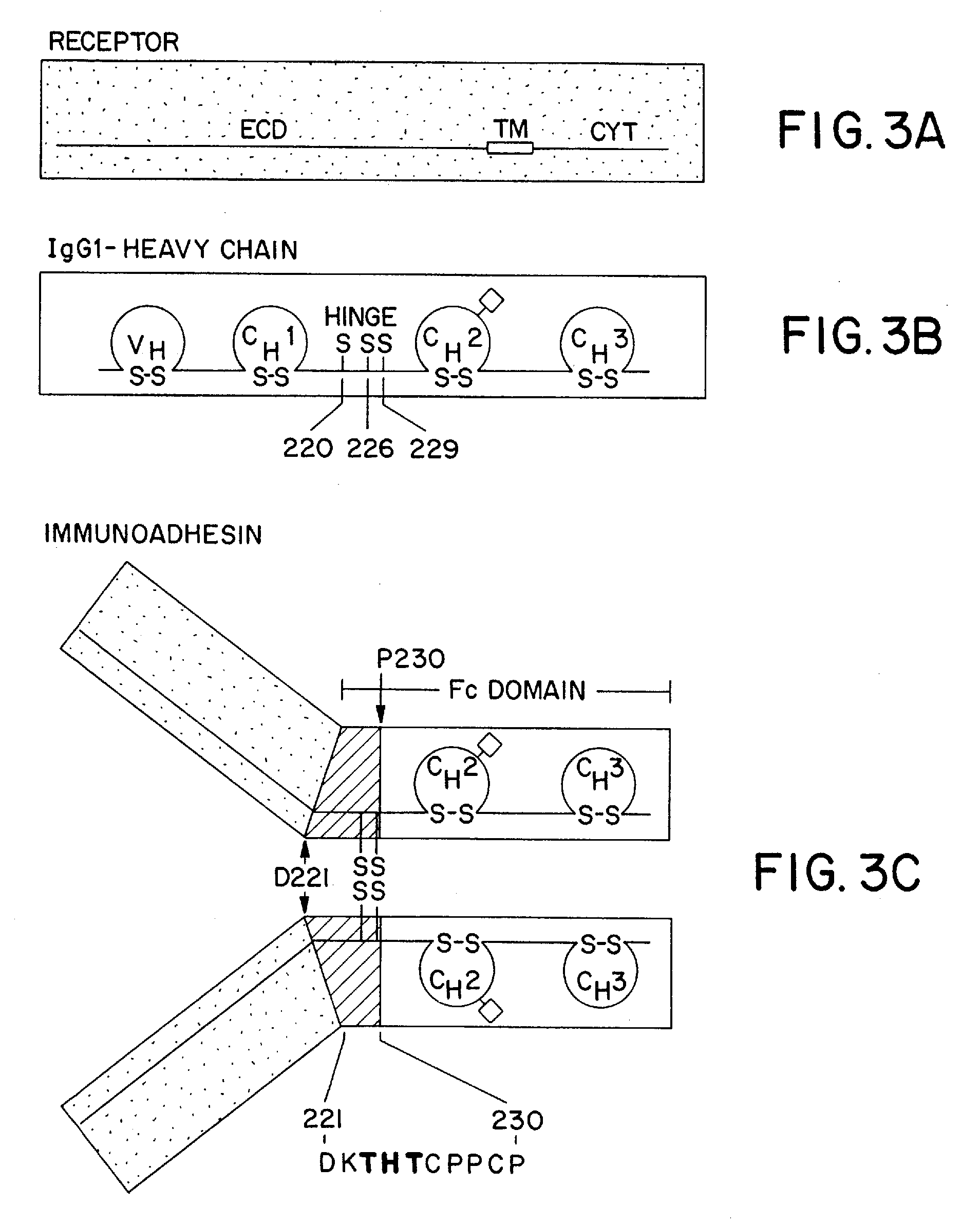
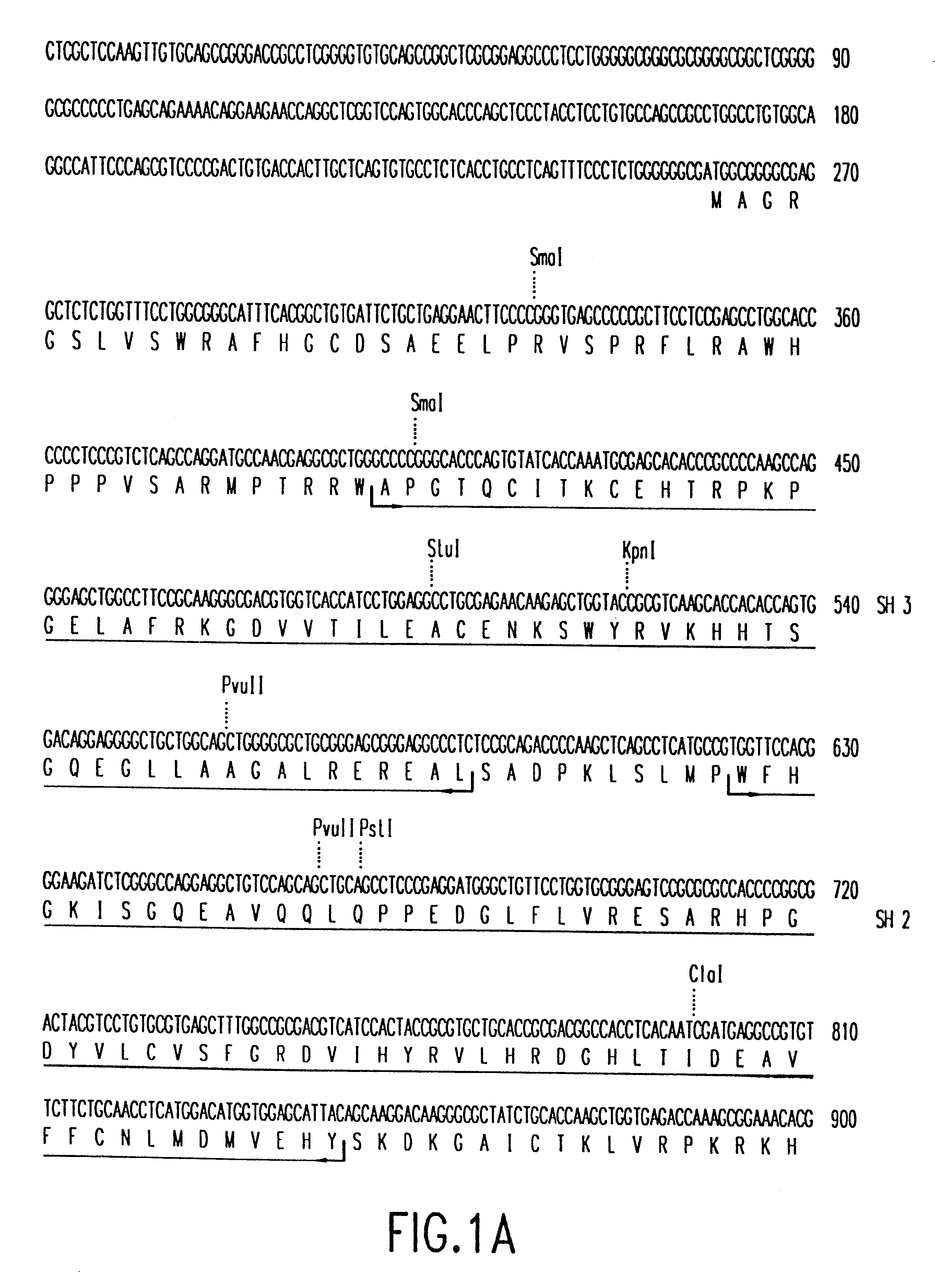
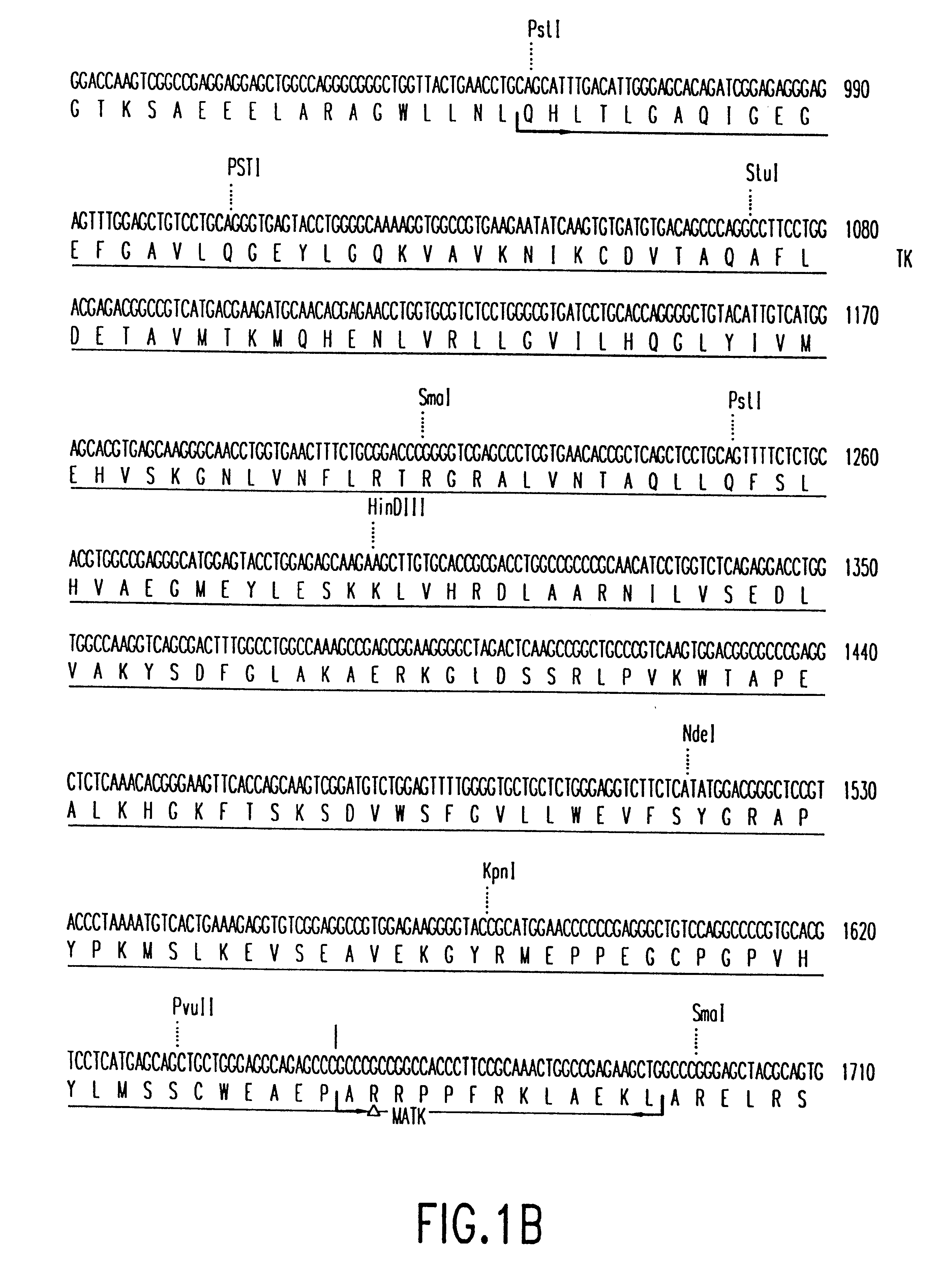
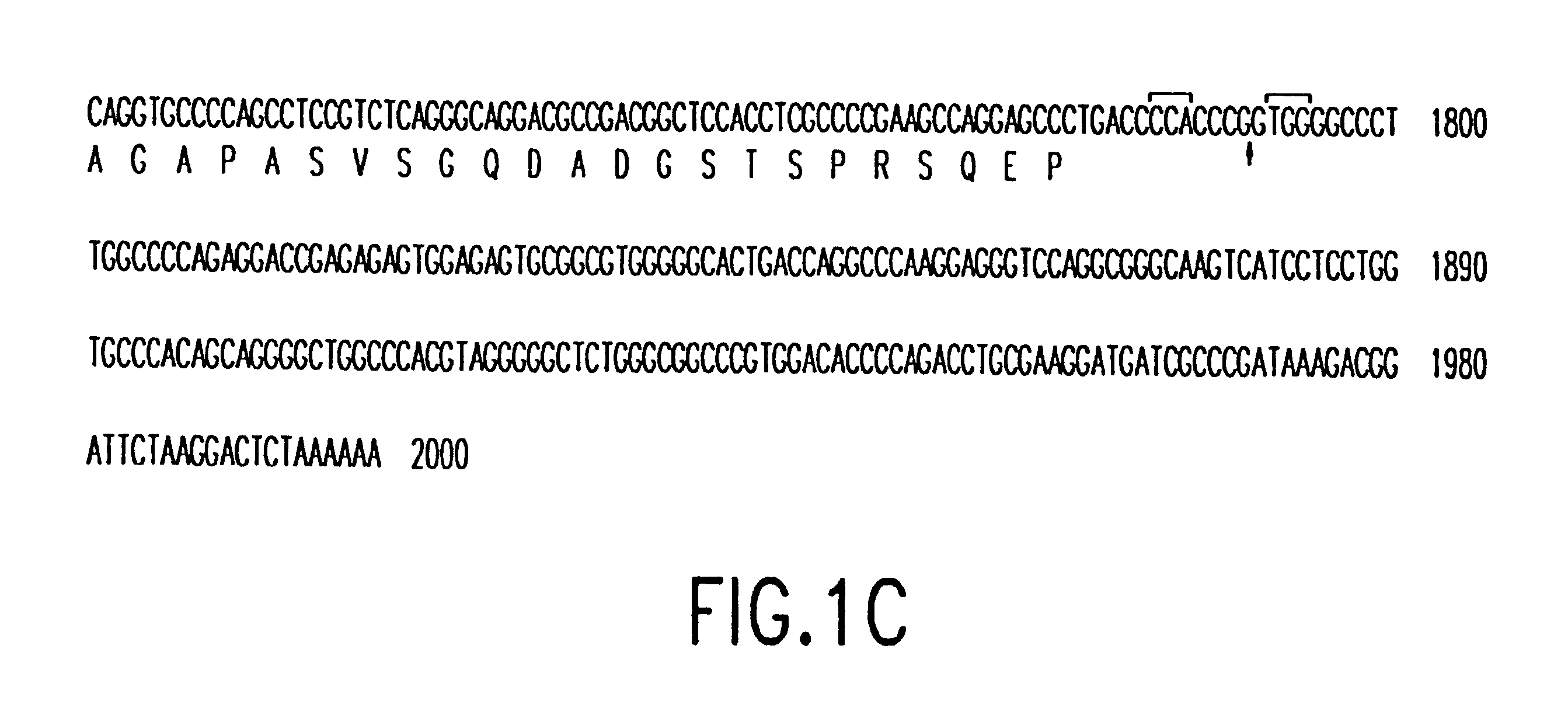
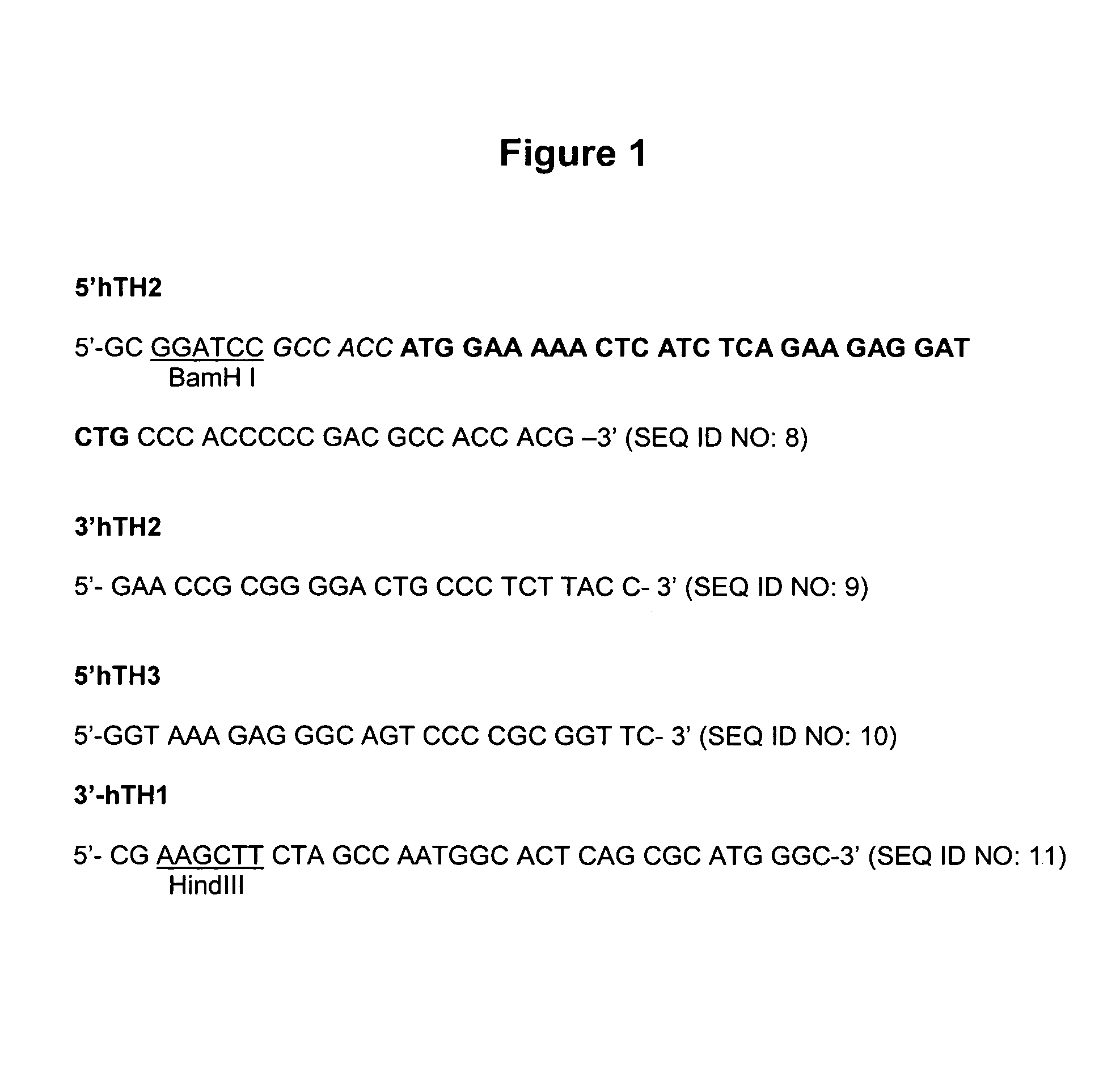
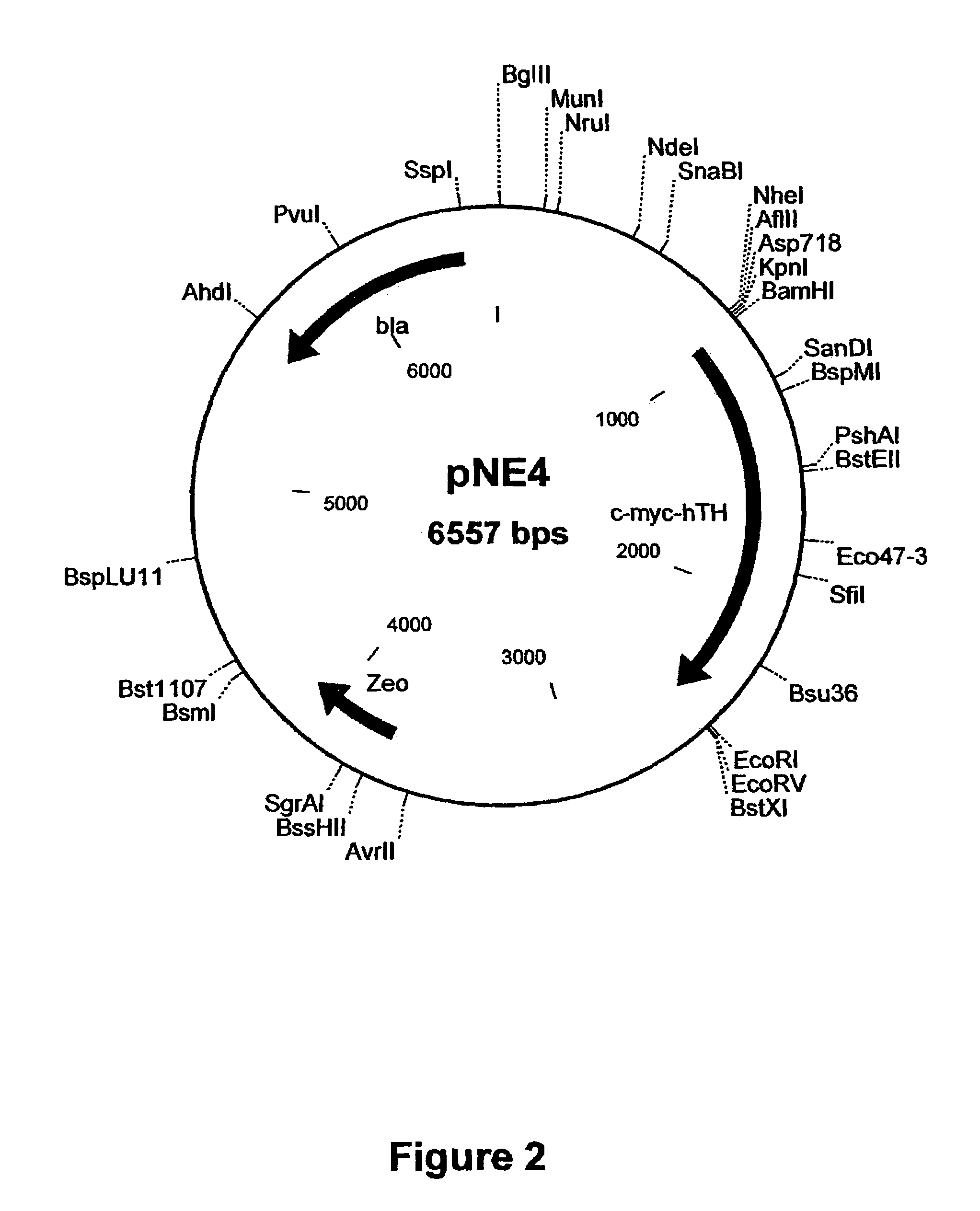
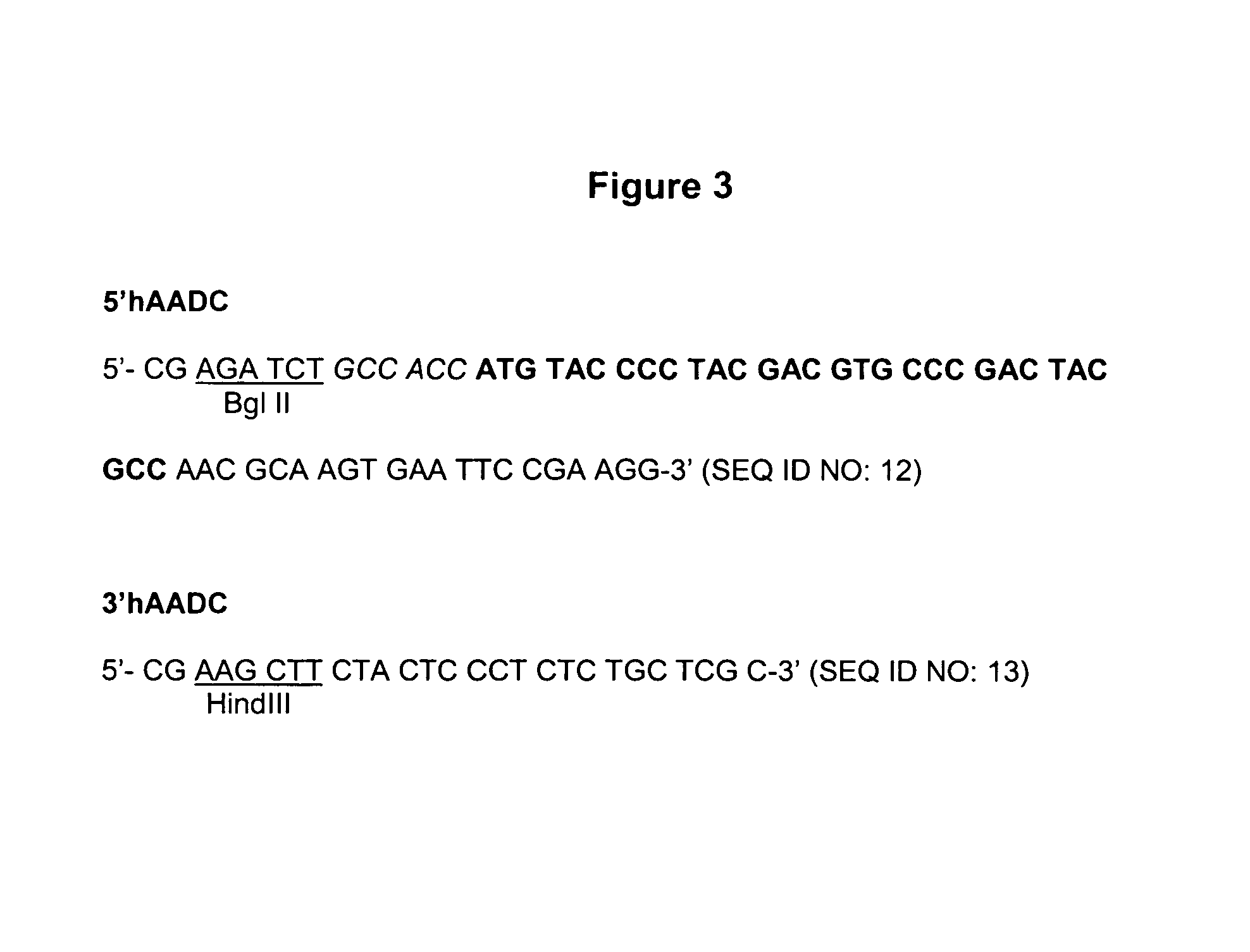
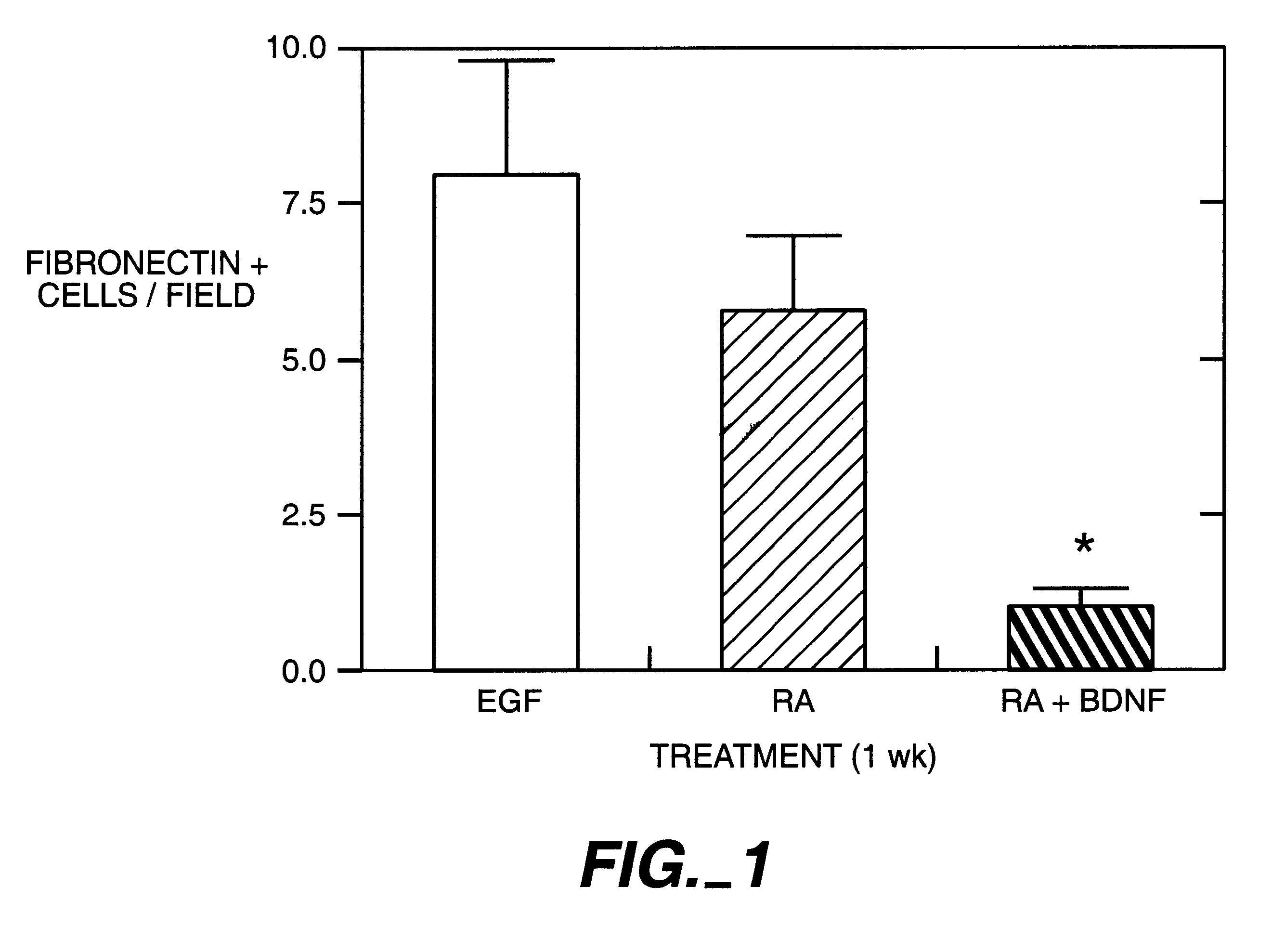
![Certain imidazo[1,2-a]pyrazin-8-ylamines and method of inhibition of bruton's tyrosine kinase by such compounds Certain imidazo[1,2-a]pyrazin-8-ylamines and method of inhibition of bruton's tyrosine kinase by such compounds](https://images-eureka-patsnap-com.libproxy1.nus.edu.sg/patent_img/ead034c7-c473-4c4b-9966-87a09aefc546/US20050090499A1-20050428-C00001.png)
![Certain imidazo[1,2-a]pyrazin-8-ylamines and method of inhibition of bruton's tyrosine kinase by such compounds Certain imidazo[1,2-a]pyrazin-8-ylamines and method of inhibition of bruton's tyrosine kinase by such compounds](https://images-eureka-patsnap-com.libproxy1.nus.edu.sg/patent_img/ead034c7-c473-4c4b-9966-87a09aefc546/US20050090499A1-20050428-C00002.png)
![Certain imidazo[1,2-a]pyrazin-8-ylamines and method of inhibition of bruton's tyrosine kinase by such compounds Certain imidazo[1,2-a]pyrazin-8-ylamines and method of inhibition of bruton's tyrosine kinase by such compounds](https://images-eureka-patsnap-com.libproxy1.nus.edu.sg/patent_img/ead034c7-c473-4c4b-9966-87a09aefc546/US20050090499A1-20050428-C00003.png)
